Focuses on understanding the present form of law, analyzing its structure and components. Also called the Austinian School, Imperative School, or Positivist School.
1.1. John Austin
- Definition: “A command of the sovereign backed by a sanction.”
- Merits:
- Clear and simple definition.
- Foundation for modern jurisprudence.
- Emphasizes state authority in lawmaking.
- Demerits:
- Ignores customs and judge-made laws.
- Excludes international law and conventions.
- Overemphasizes the "command" aspect of law.
1.2. Jeremy Bentham
- Definition: “A collection of signs indicating the will of the sovereign.”
- Merits:
- Introduced utilitarianism in law.
- Inspired legal reforms and systematic legal analysis.
- Demerits:
- Overlooks individual discretion in law application.
- Too abstract and idealistic, ignoring practical complexities.
Views law as a social phenomenon, focusing on its role in addressing societal issues and balancing individual and state welfare.
2.1. Roscoe Pound
- Core Idea: Proposed social engineering to balance competing interests.
- Merits:
- Focuses on law's functionality.
- Emphasizes balancing interests for social harmony.
- Demerits:
- Rigid classification of interests.
- Overemphasis on engineering societal needs.
2.2. Dugit’s Theory
- Core Idea: Advocated social solidarity, emphasizing interdependence.
- Merits:
- Promotes societal harmony.
- Challenges state sovereignty.
- Demerits:
- Vague concept of social solidarity.
- Neglects essential state intervention.
Believes law evolves from societal customs and traditions.
3.1. Friedrich Carl Van Savigny
- Core Idea: Law develops from customs and cultural consciousness.
- Merits:
- Highlights cultural influence on law.
- Recognizes customs as a source of law.
- Demerits:
- Ignores judge-made law.
- Overemphasis on outdated customs.
Connects law with ethical values, emphasizing its role in promoting social harmony and individual freedom.
4.1. Grotius
- Core Idea: Known as the father of international law, Grotius argued that natural law arises from human reason and is universally applicable.
- Merits:
- Emphasizes the moral foundation of law.
- Highlights universal principles applicable across societies.
- Demerits:
- Overlooks practical sources like legislation and customs.
- Relies heavily on subjective notions of morality and reason.
4.2. Immanuel Kant
- Core Idea: Distinguished between ethics (inner life) and law (external behavior). Defined law as conditions under which personal freedom can coexist with others’ freedom.
- Merits:
- Advocated universal laws based on reason.
- Differentiated ethics from legal obligations.
- Demerits:
- Theoretical and abstract, lacking practical application.
- Fails to address historical and social contexts of law.
Focuses on how law operates in real-life scenarios, emphasizing judicial behavior and practical outcomes.
5.1. John Chipman Grey
- Core Idea: Believed law is what courts declare in judgments, highlighting the importance of judicial interpretation.
- Merits:
- Grounded in real-life applications.
- Encourages individual interpretation and adaptability.
- Demerits:
- Ineffective at addressing statute law and codifications.
- Overemphasis on judicial decisions, risking personal biases.
5.2. Jerome Frank
- Core Idea: Compared law to a "father figure," emphasizing the human element in legal interpretation. Advocated adaptability of law to social changes.
- Merits:
- Recognizes the evolving nature of law.
- Emphasizes practical judgment over rigid precedents.
- Demerits:
- Overemphasis on judicial discretion can undermine consistency.
- Limited universal applicability as it focuses on the American judiciary.
Conclusion: Each school of jurisprudence contributes uniquely to legal theory. The analytical, sociological, historical, philosophical, and realist schools collectively influence modern legal systems, ensuring their adaptability and relevance in evolving societies.
Share
Related Post
Tags
Archive
Popular & Recent Post






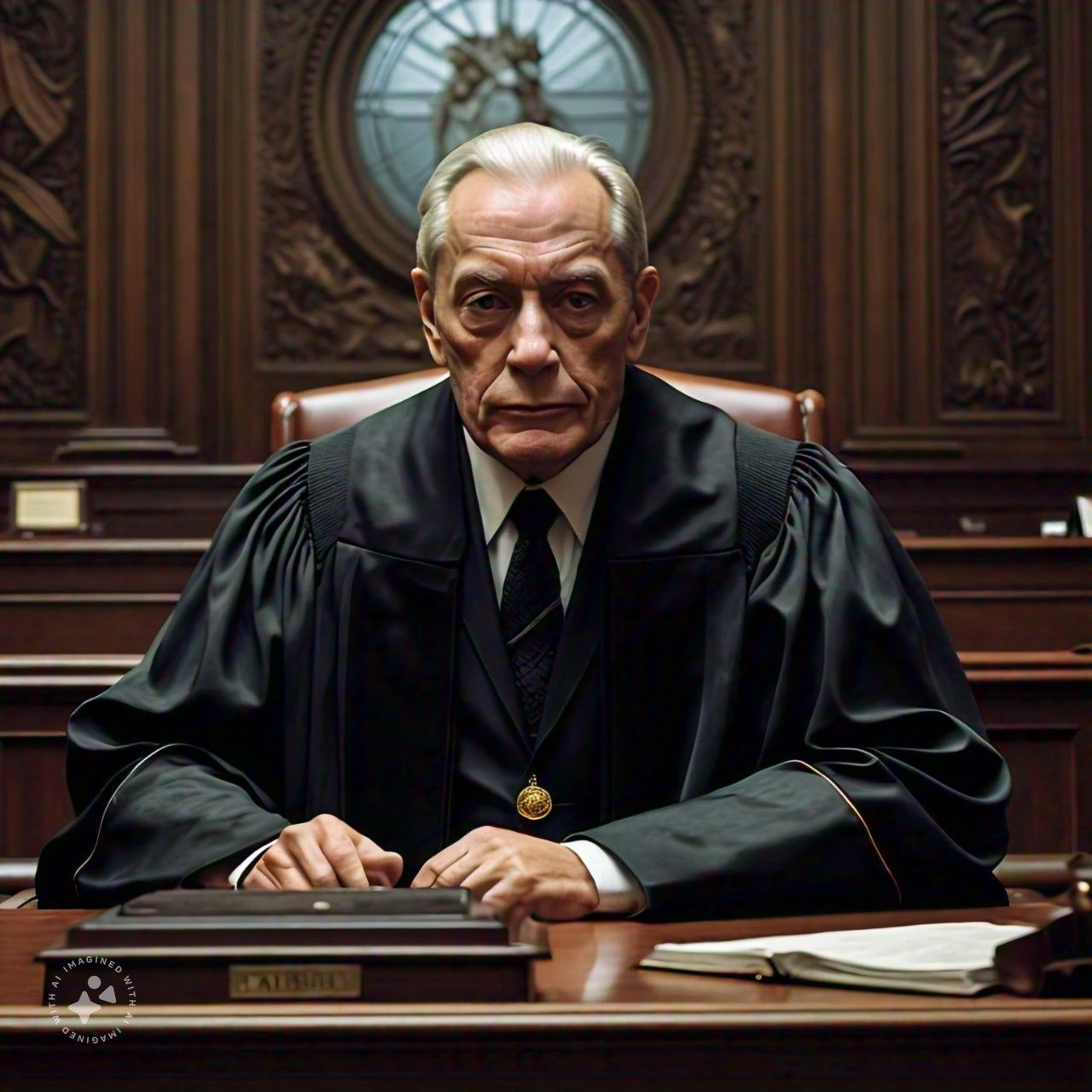
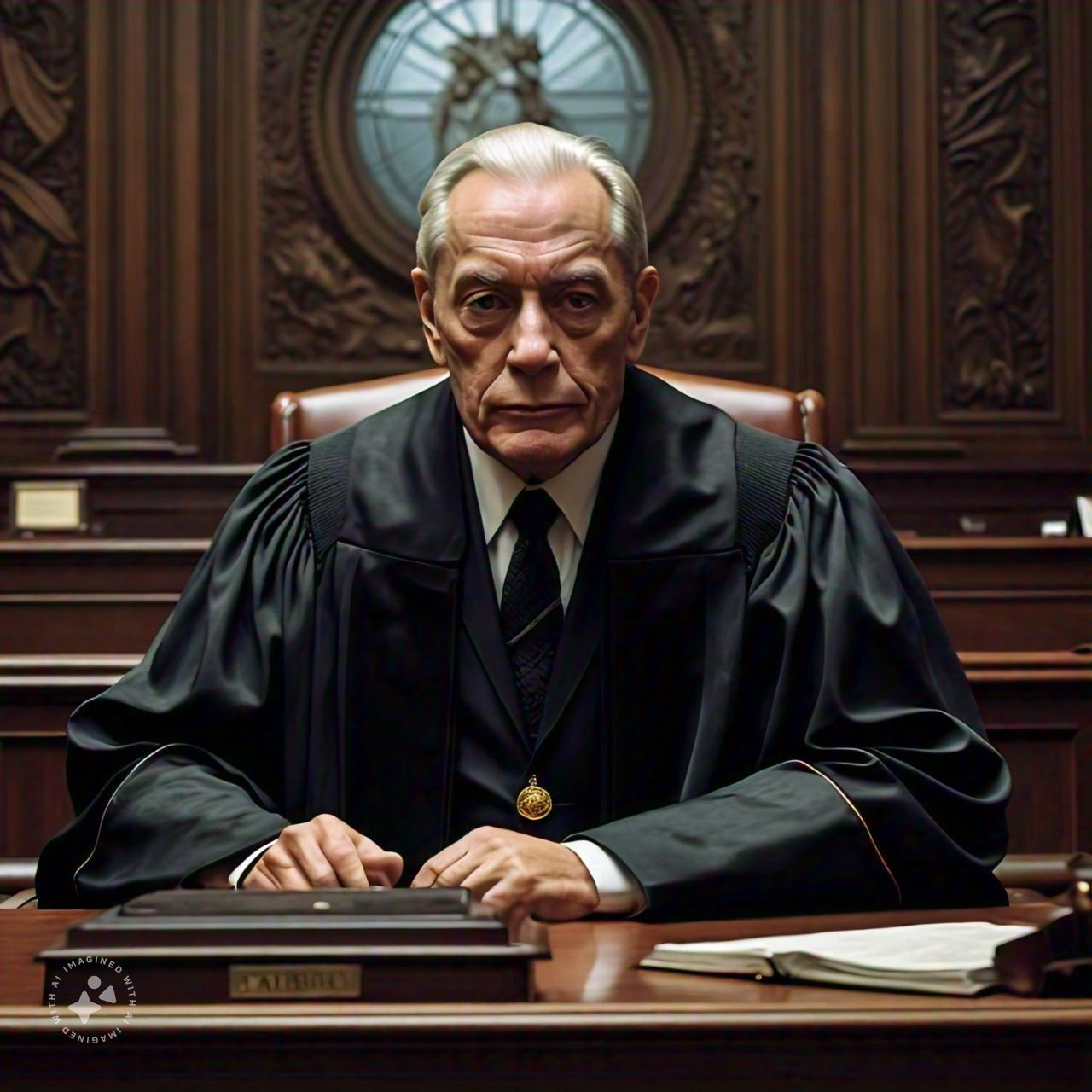
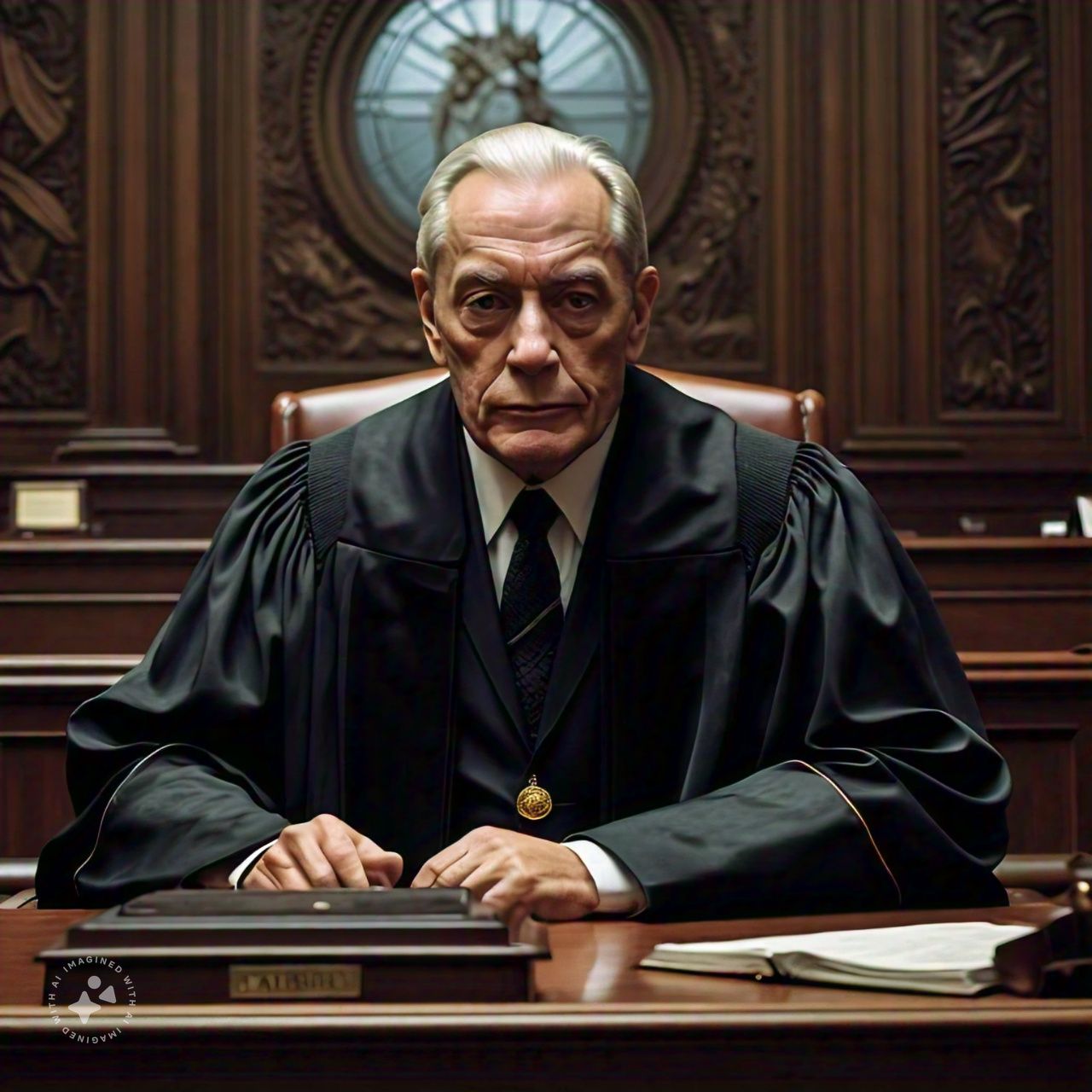
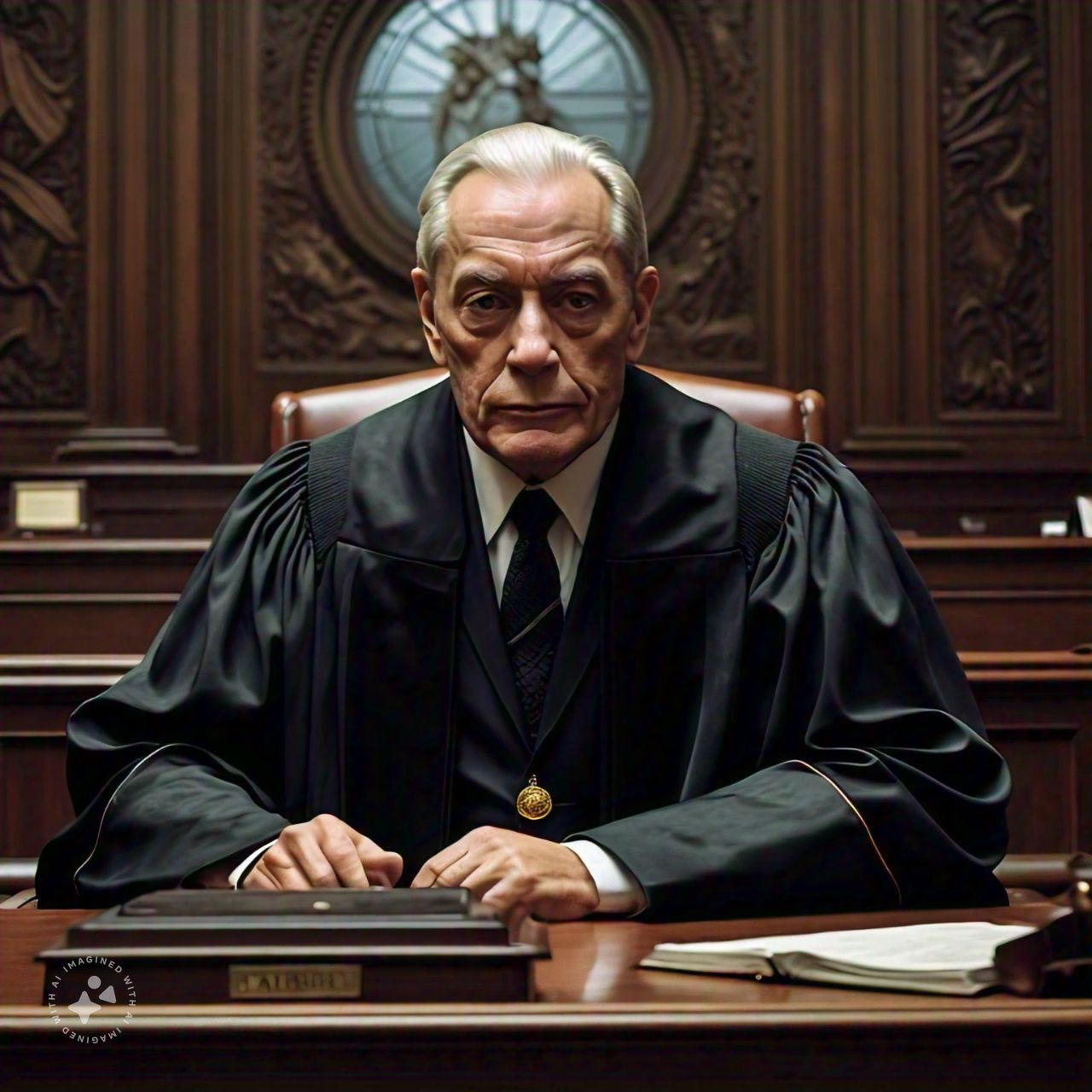
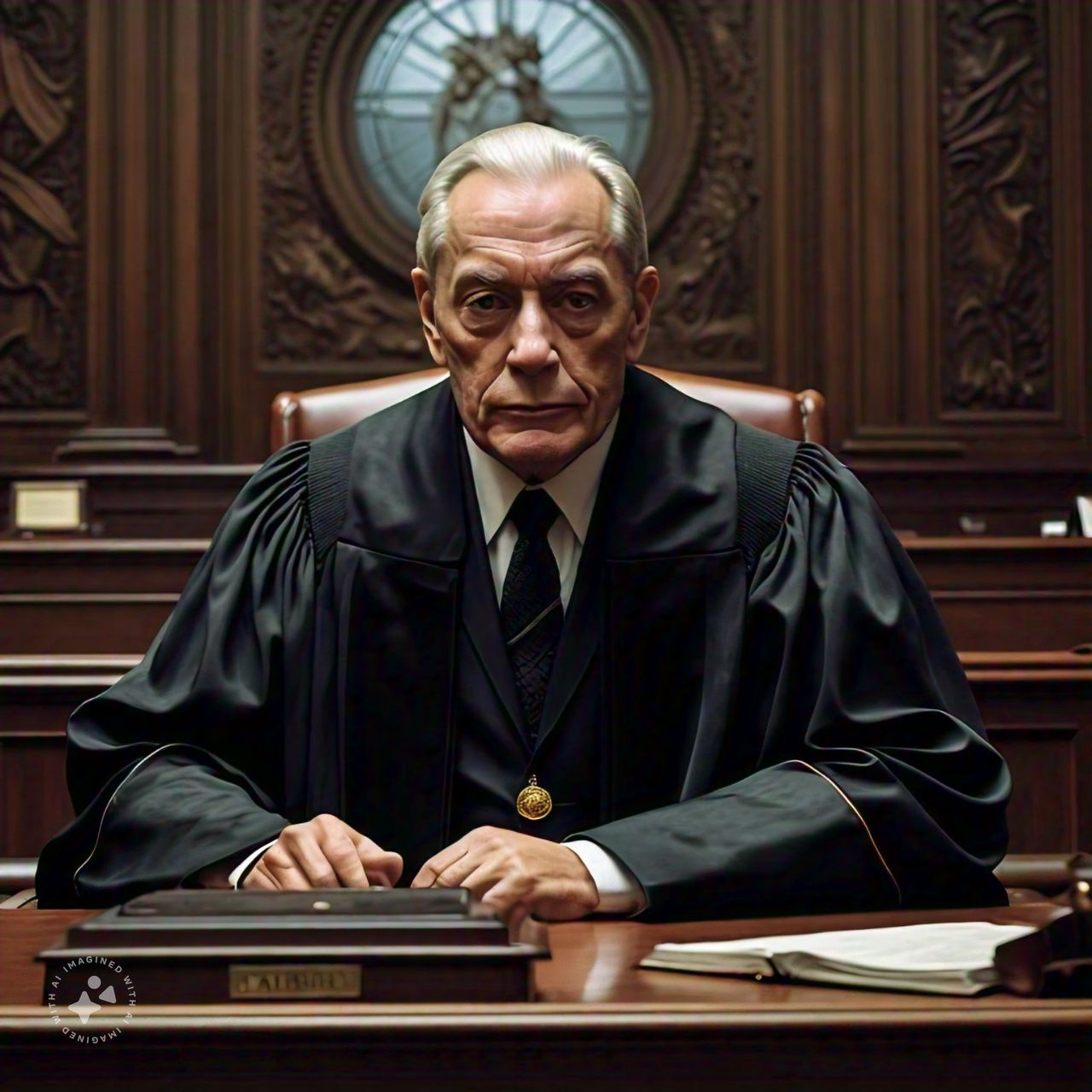
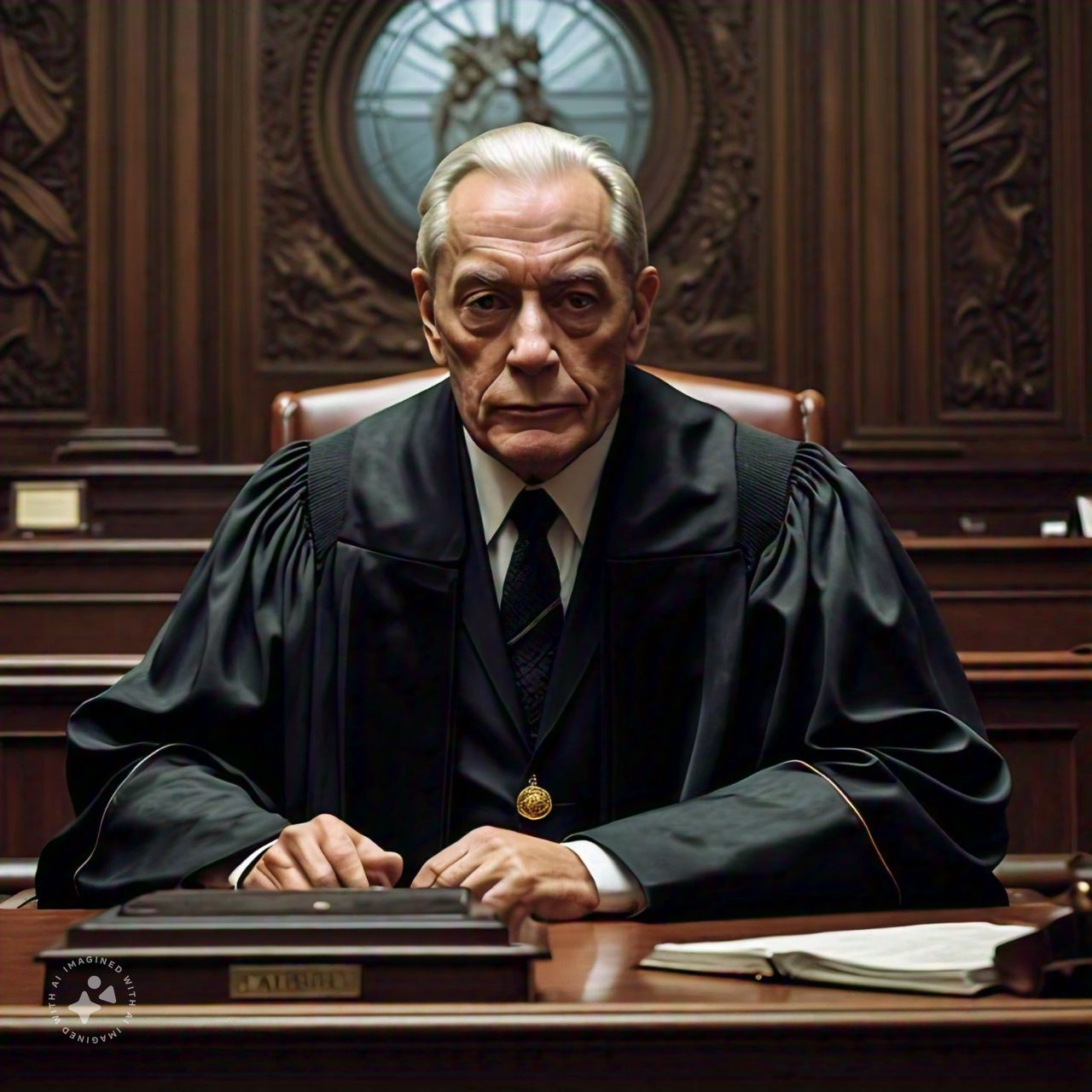
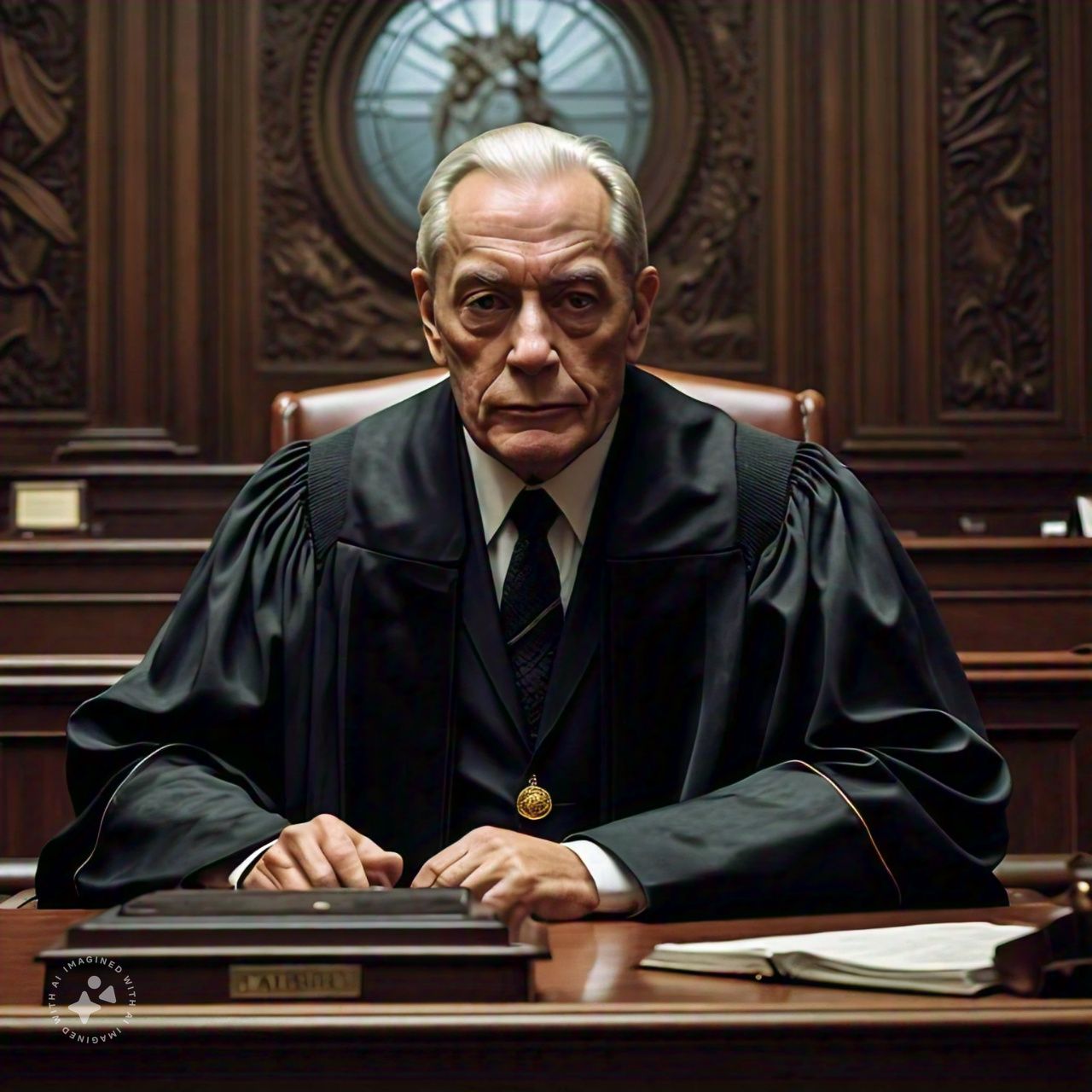
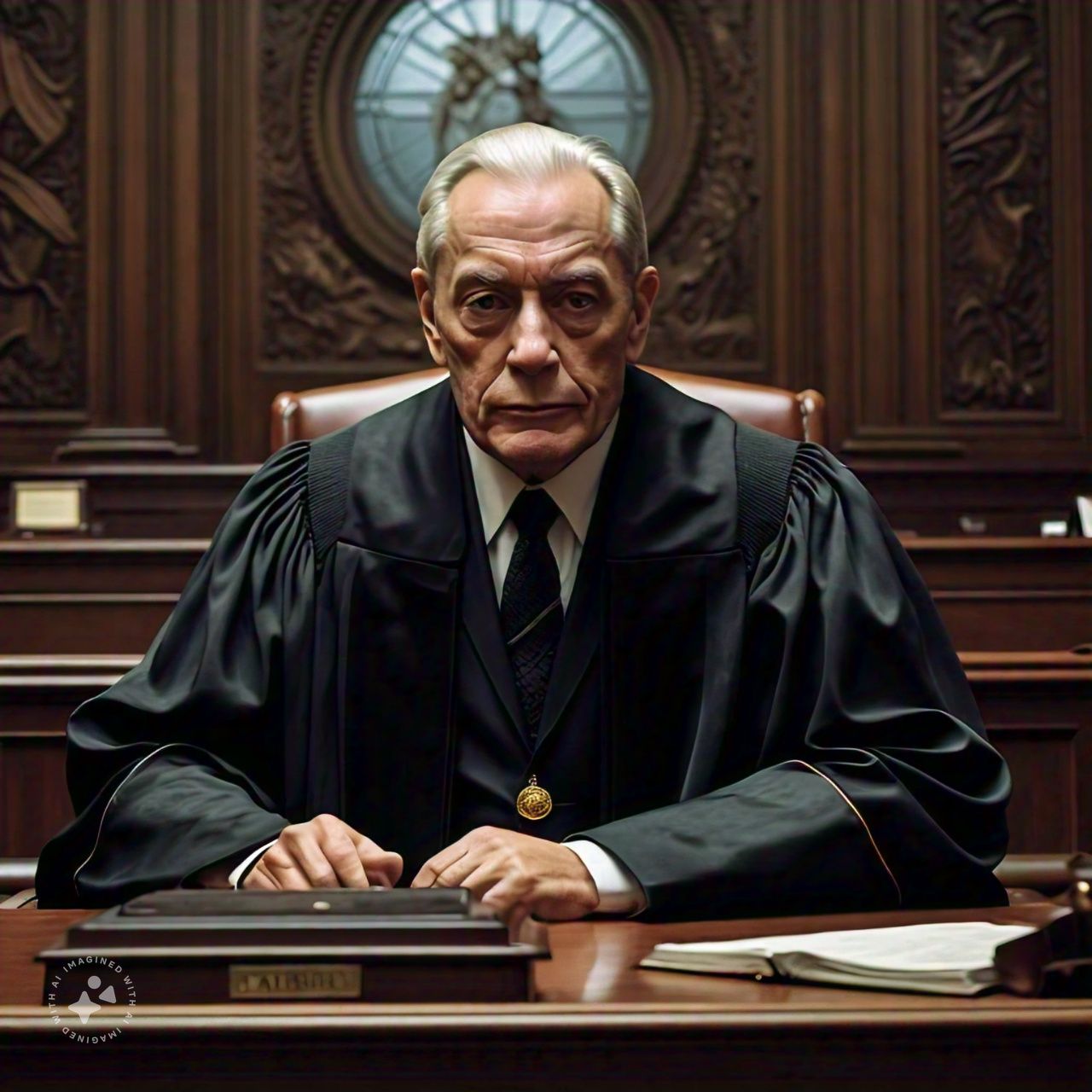
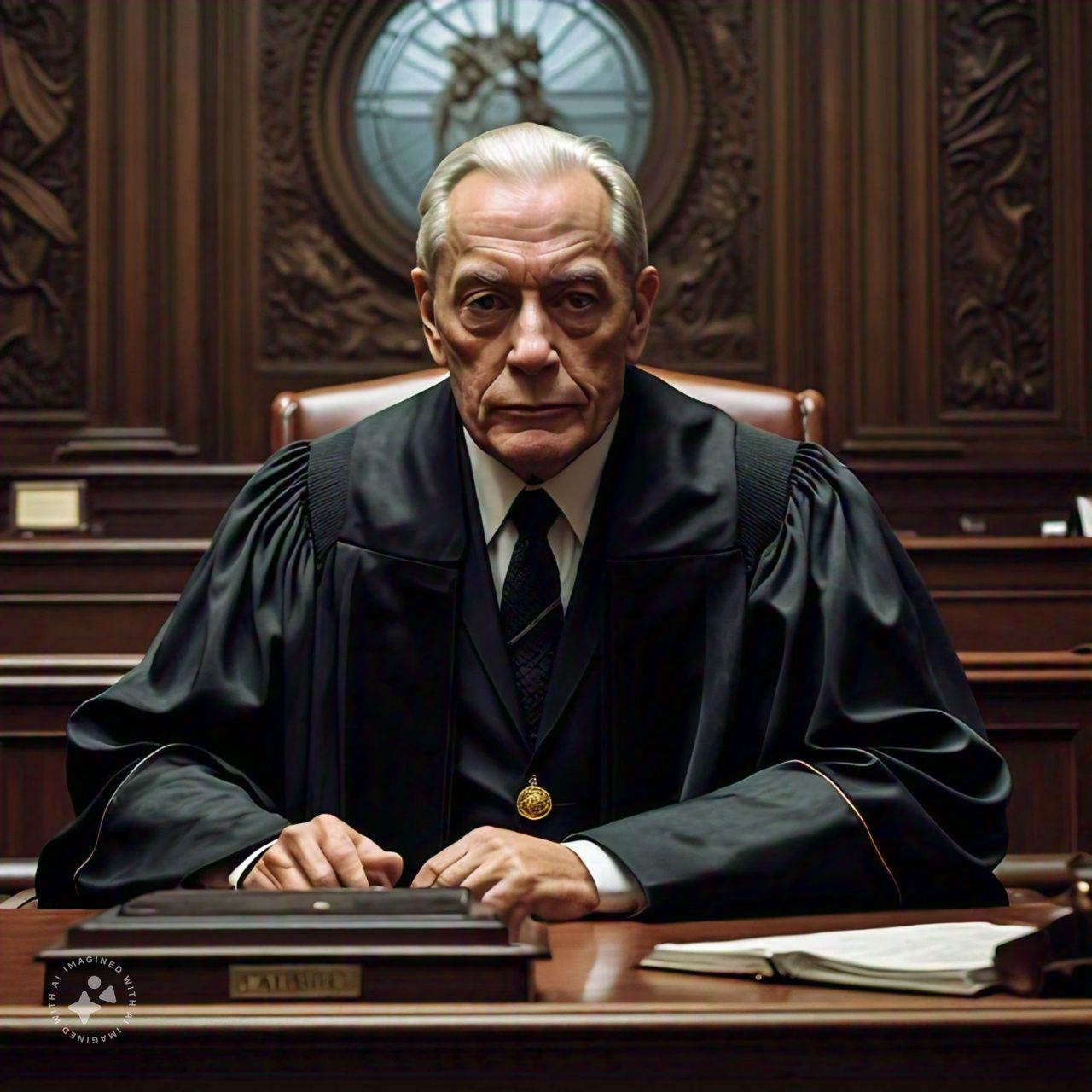
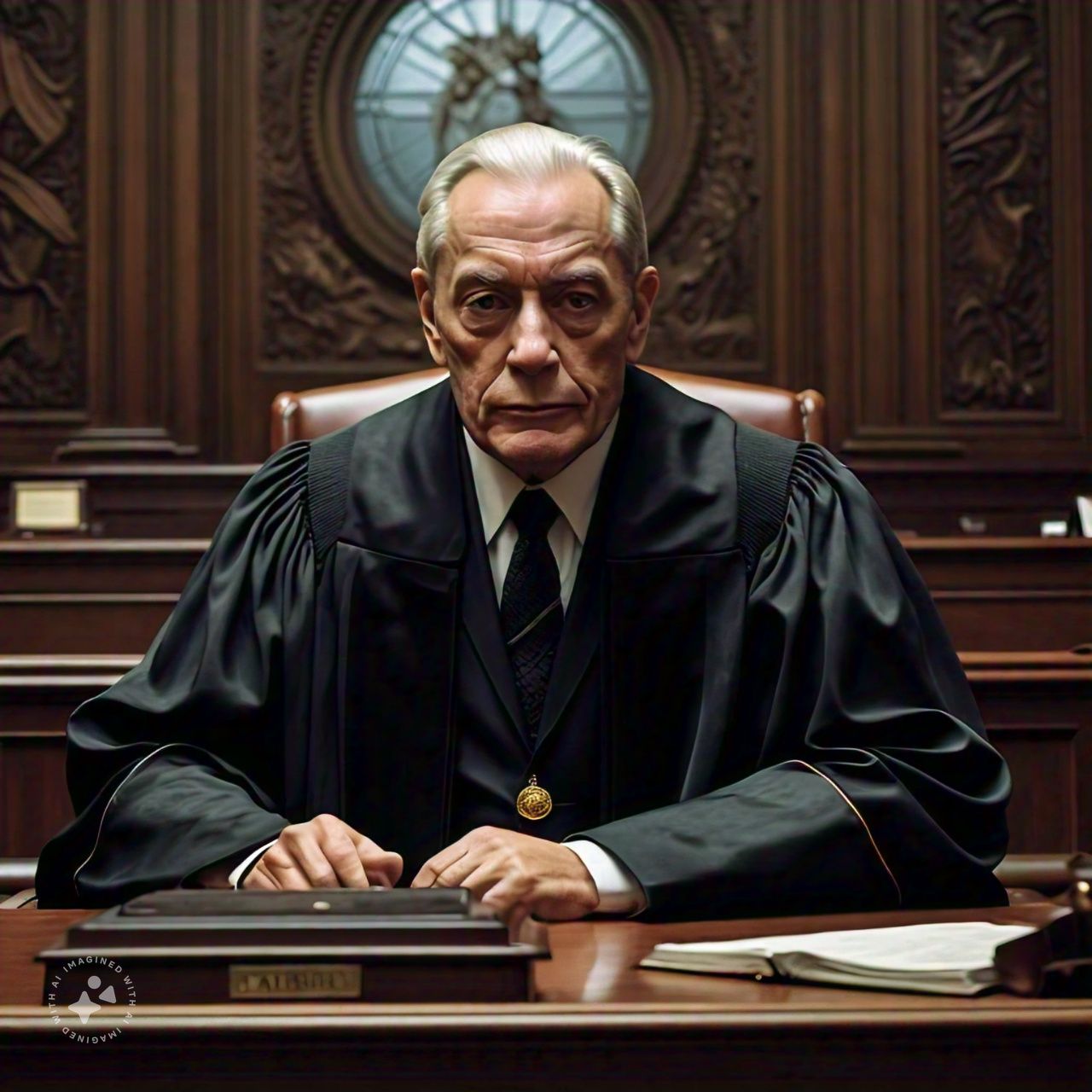
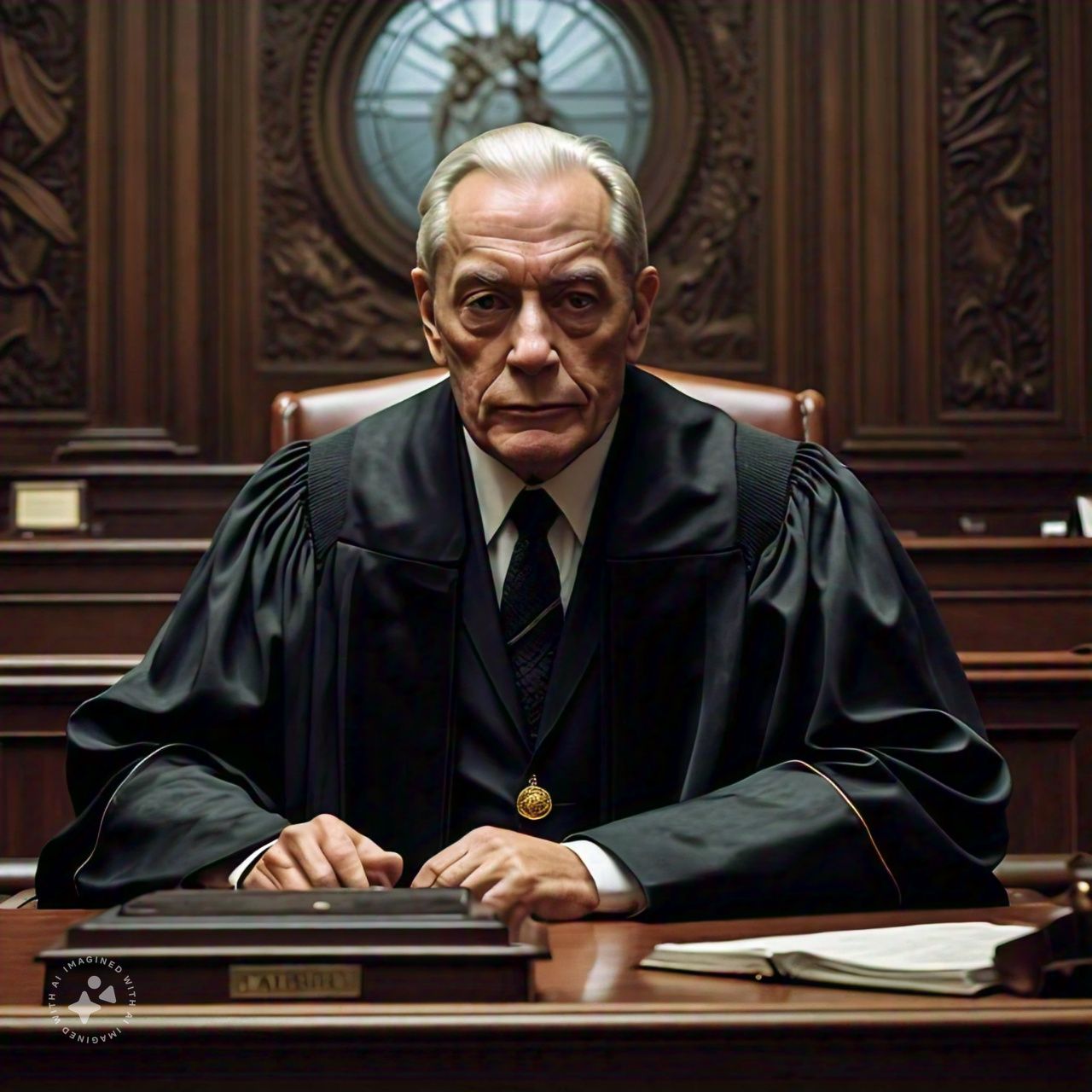
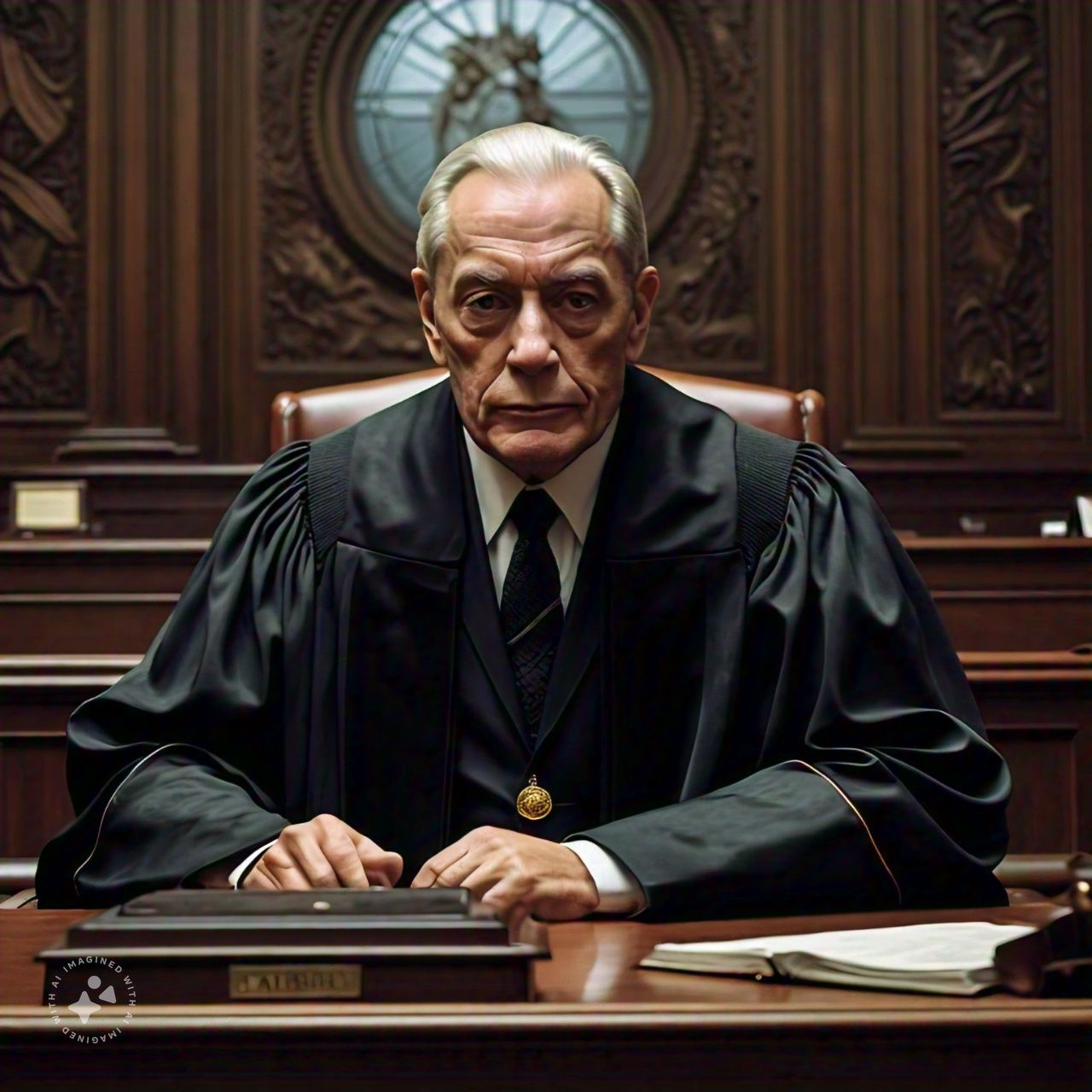
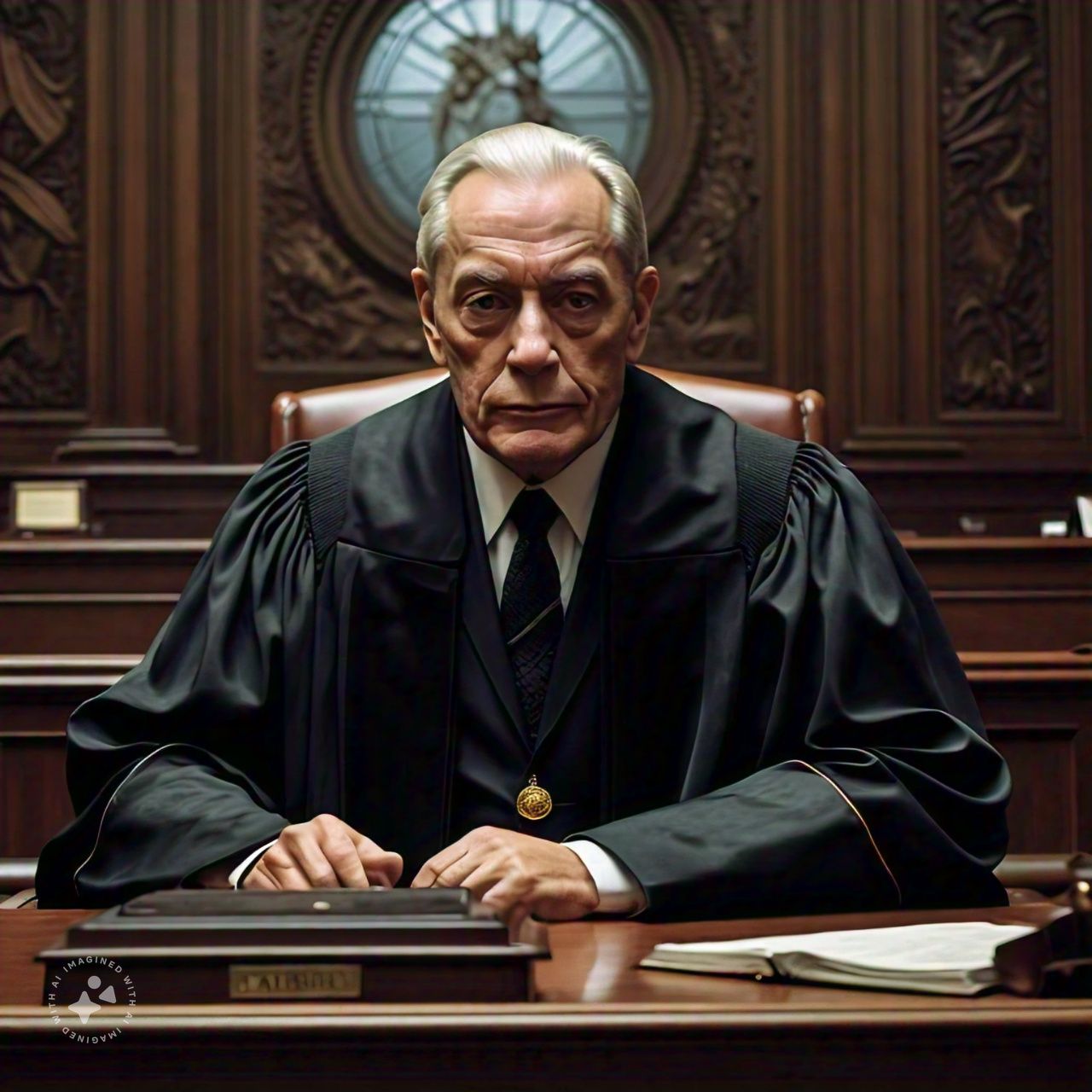
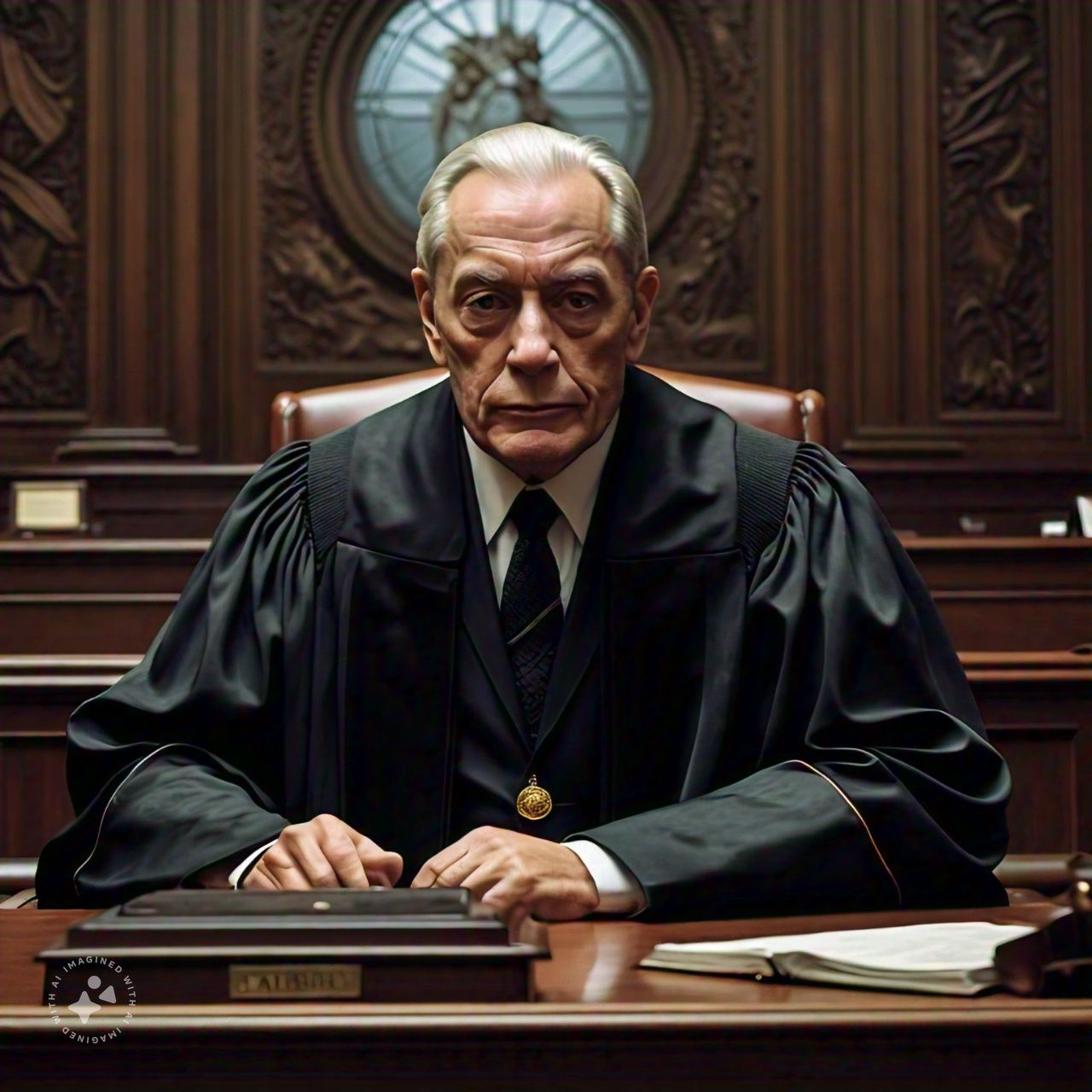
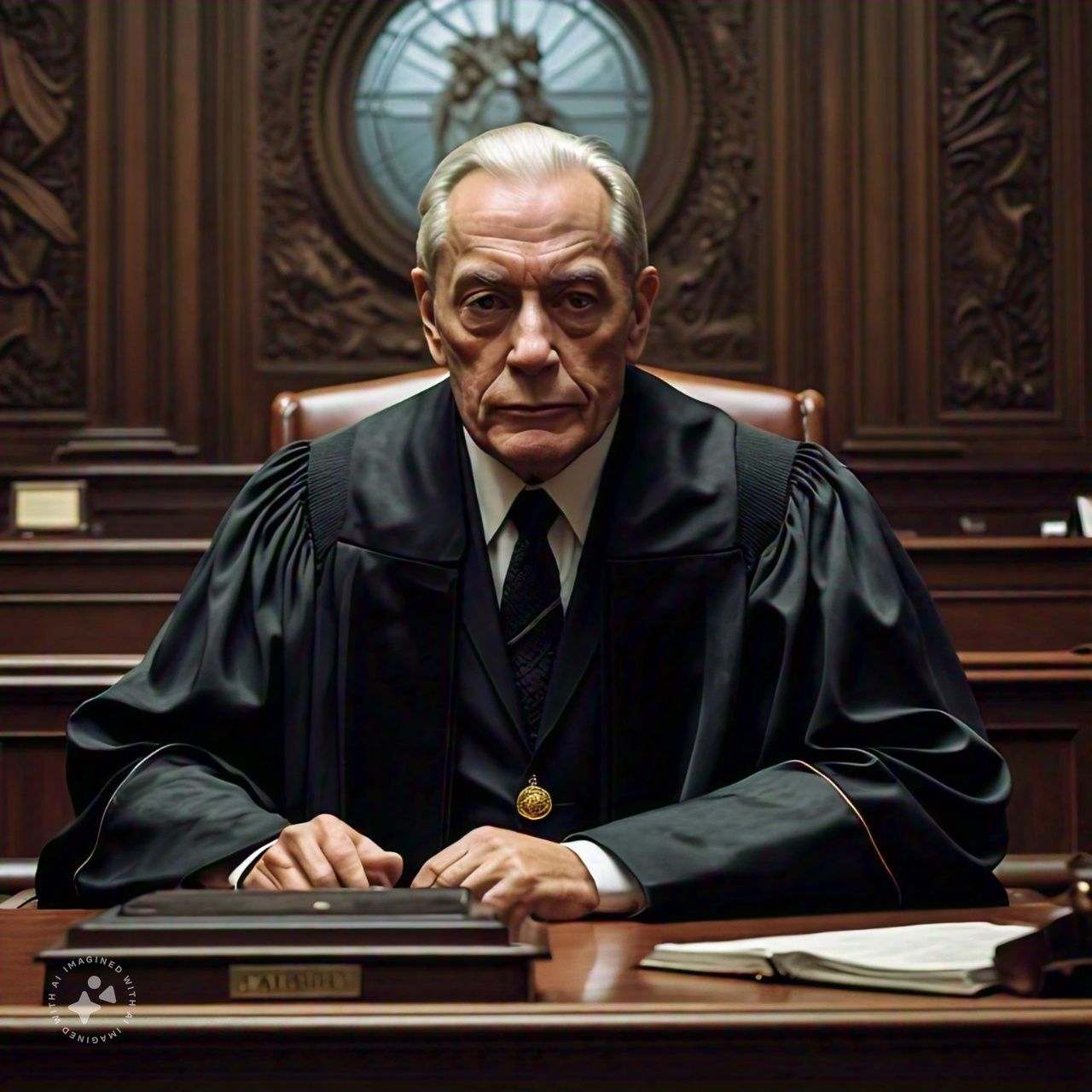
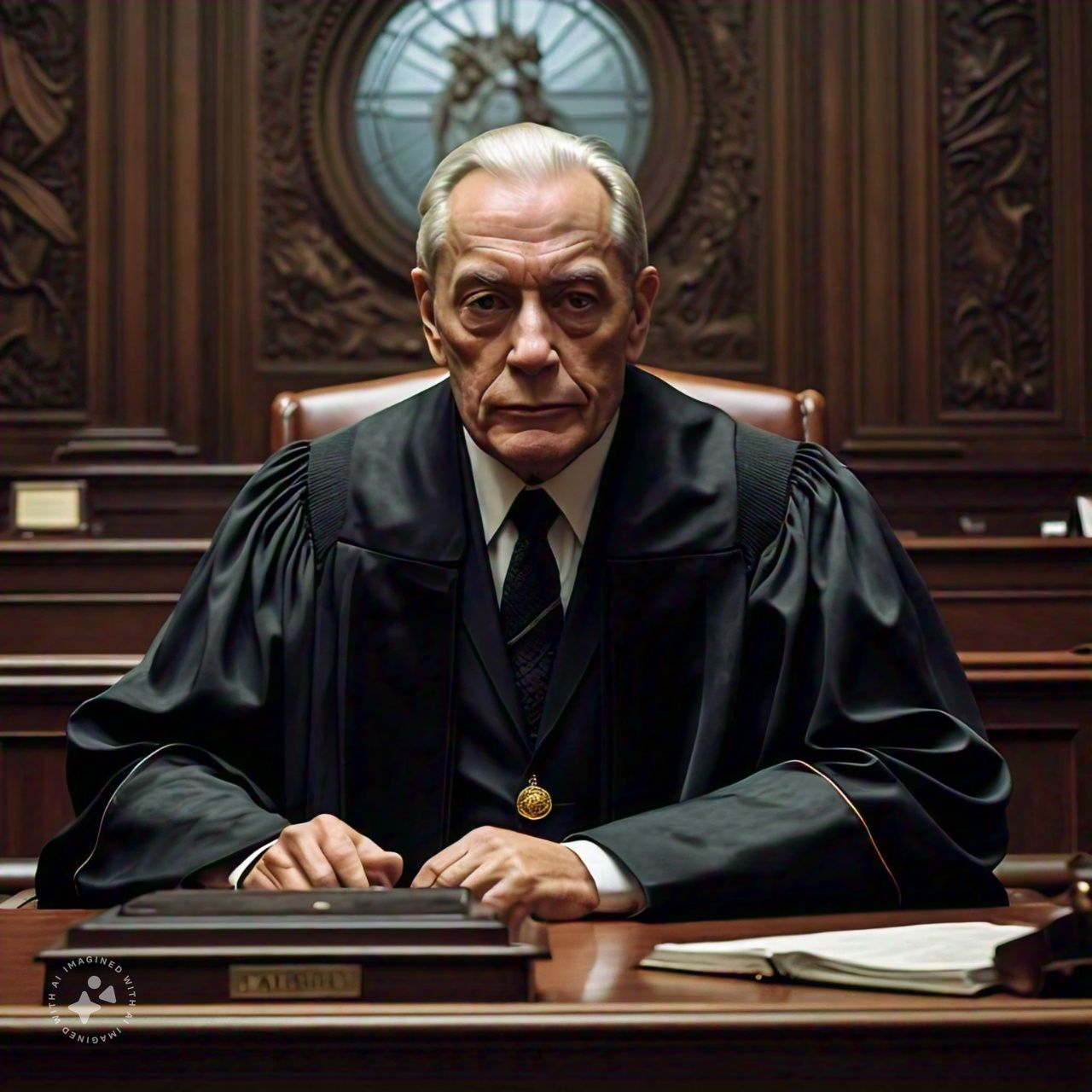
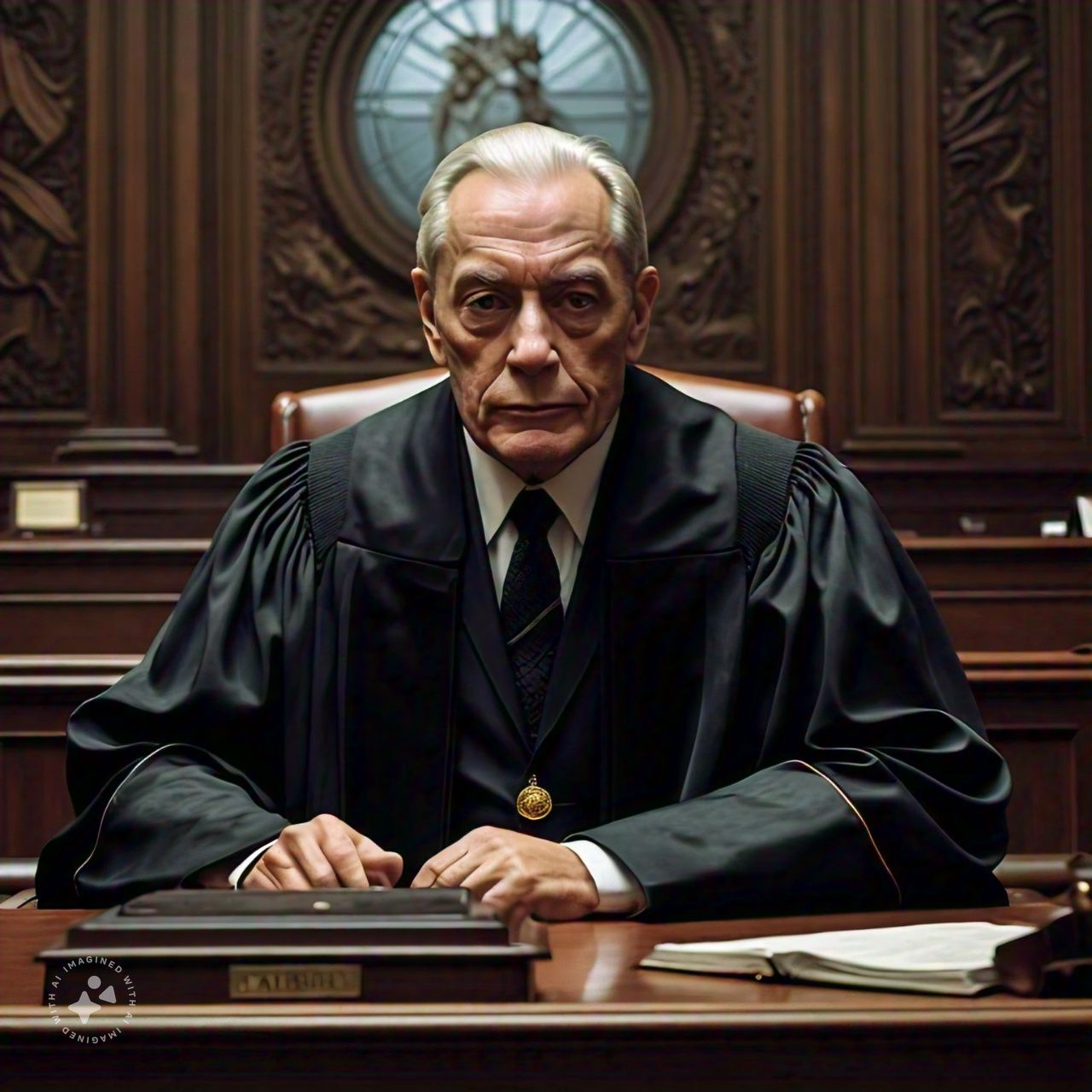
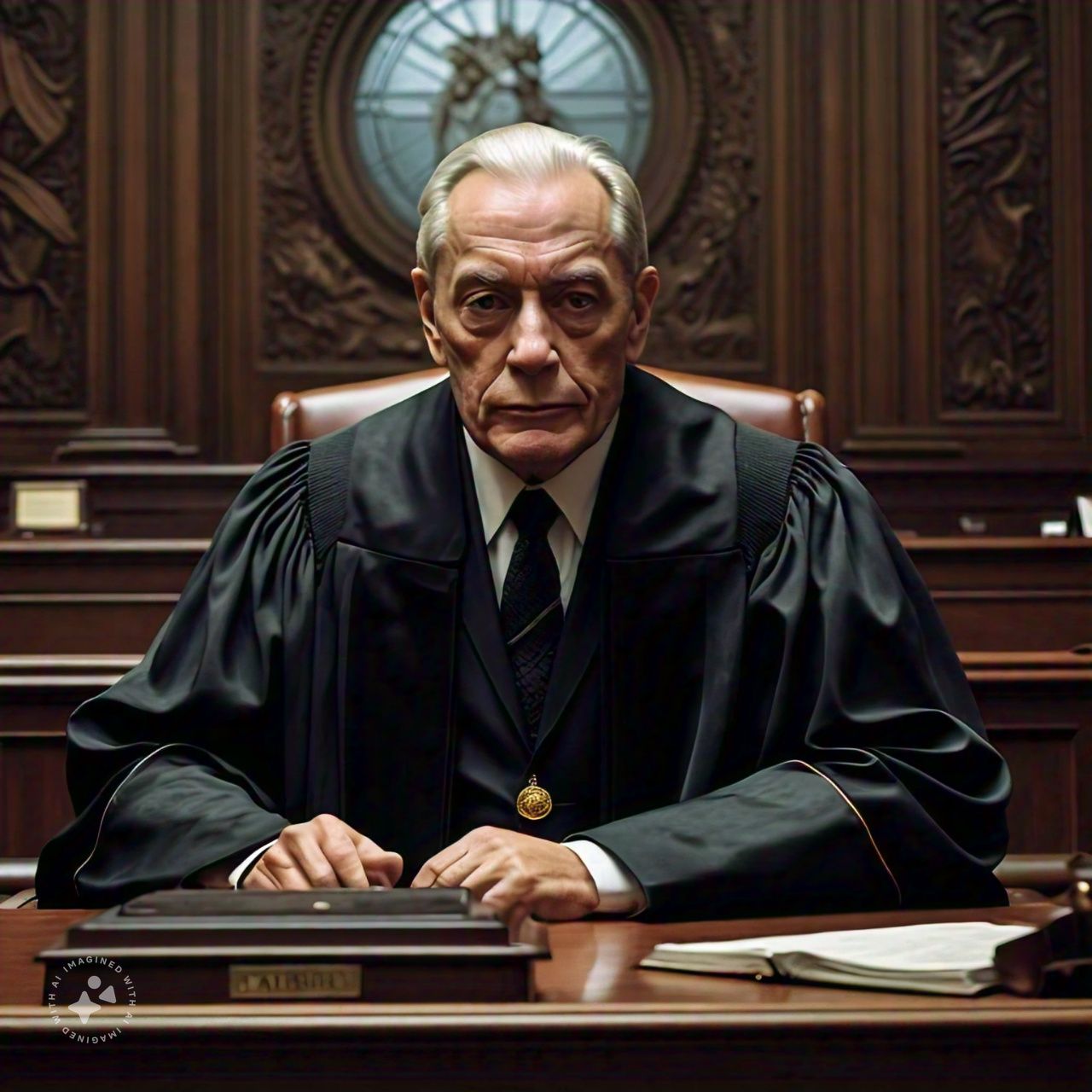
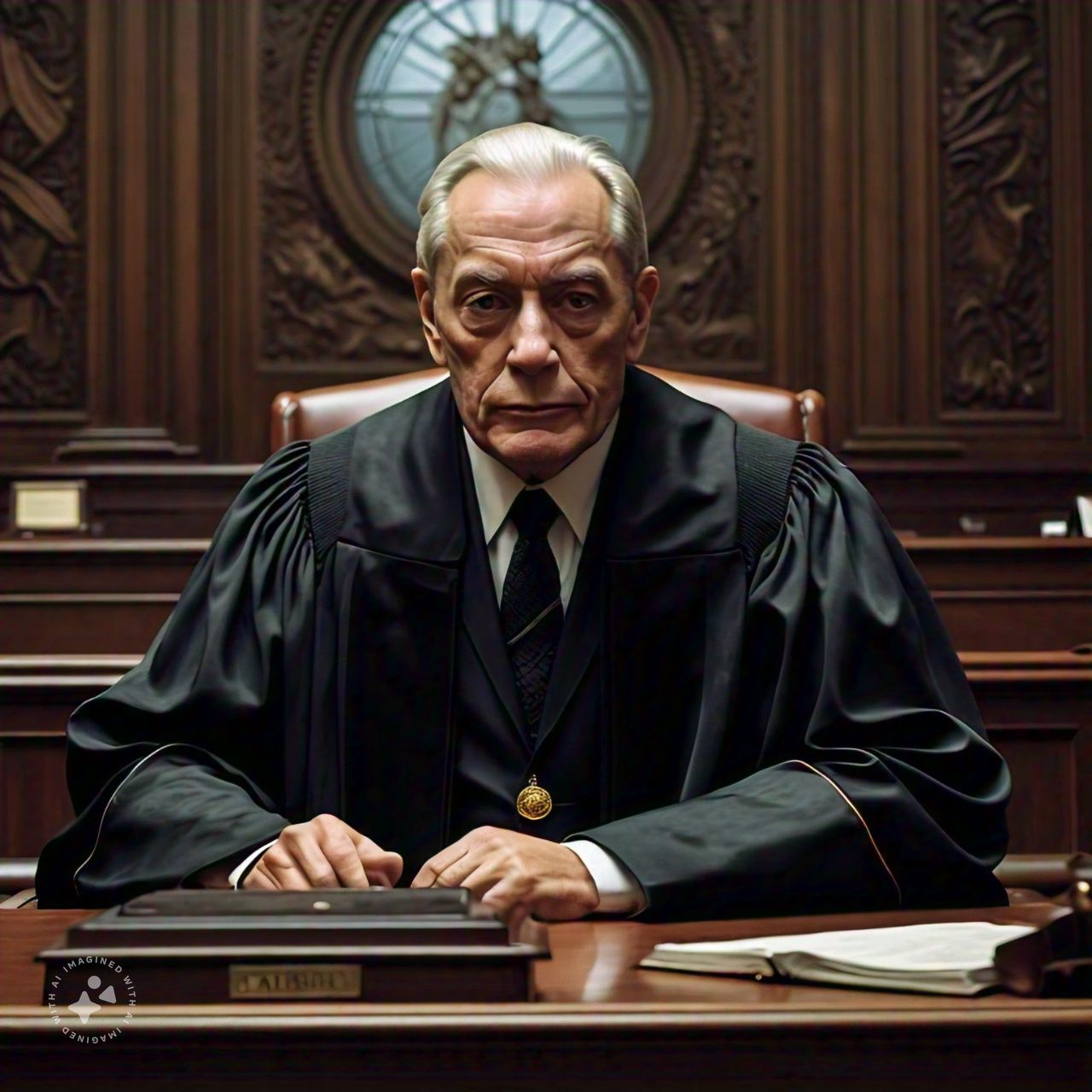
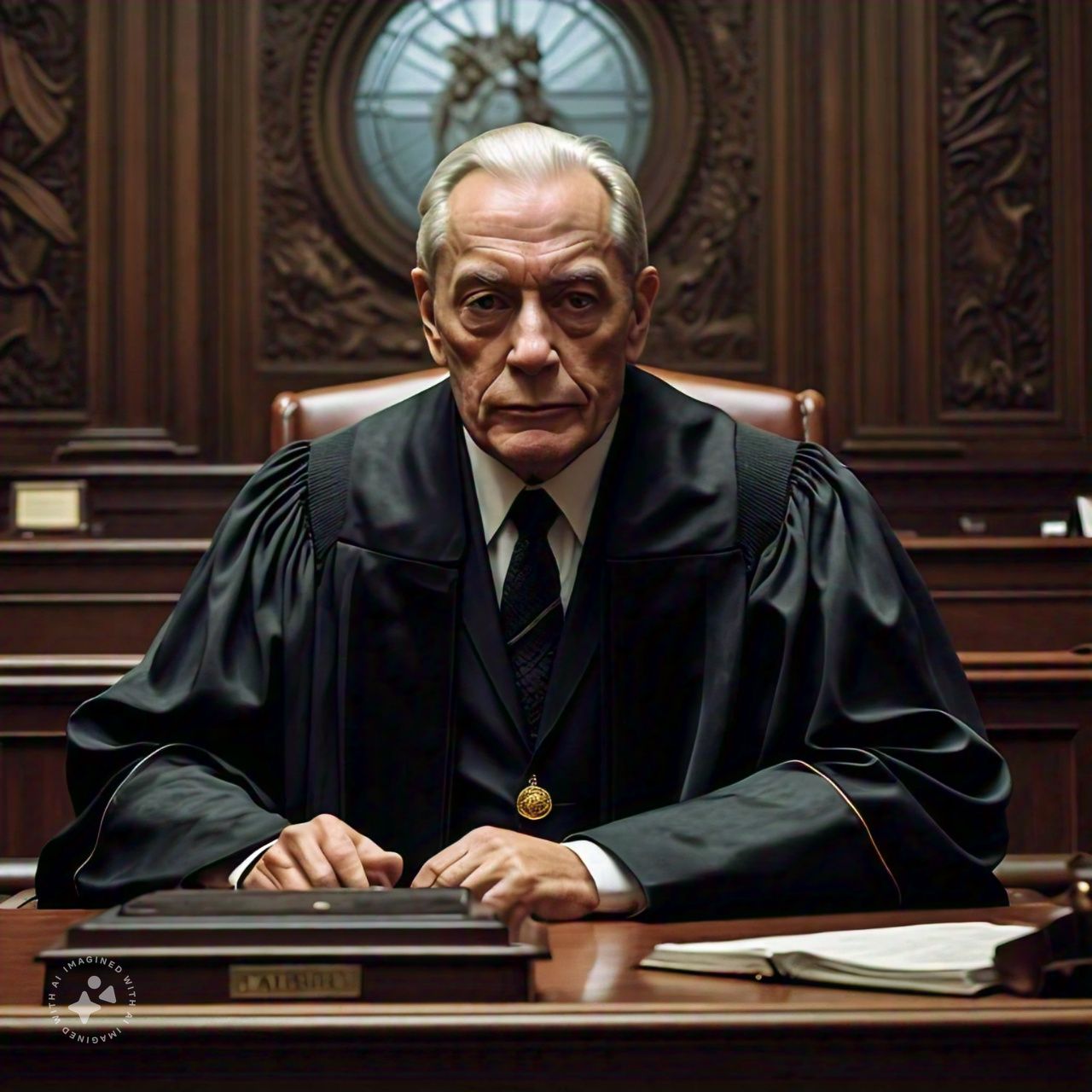
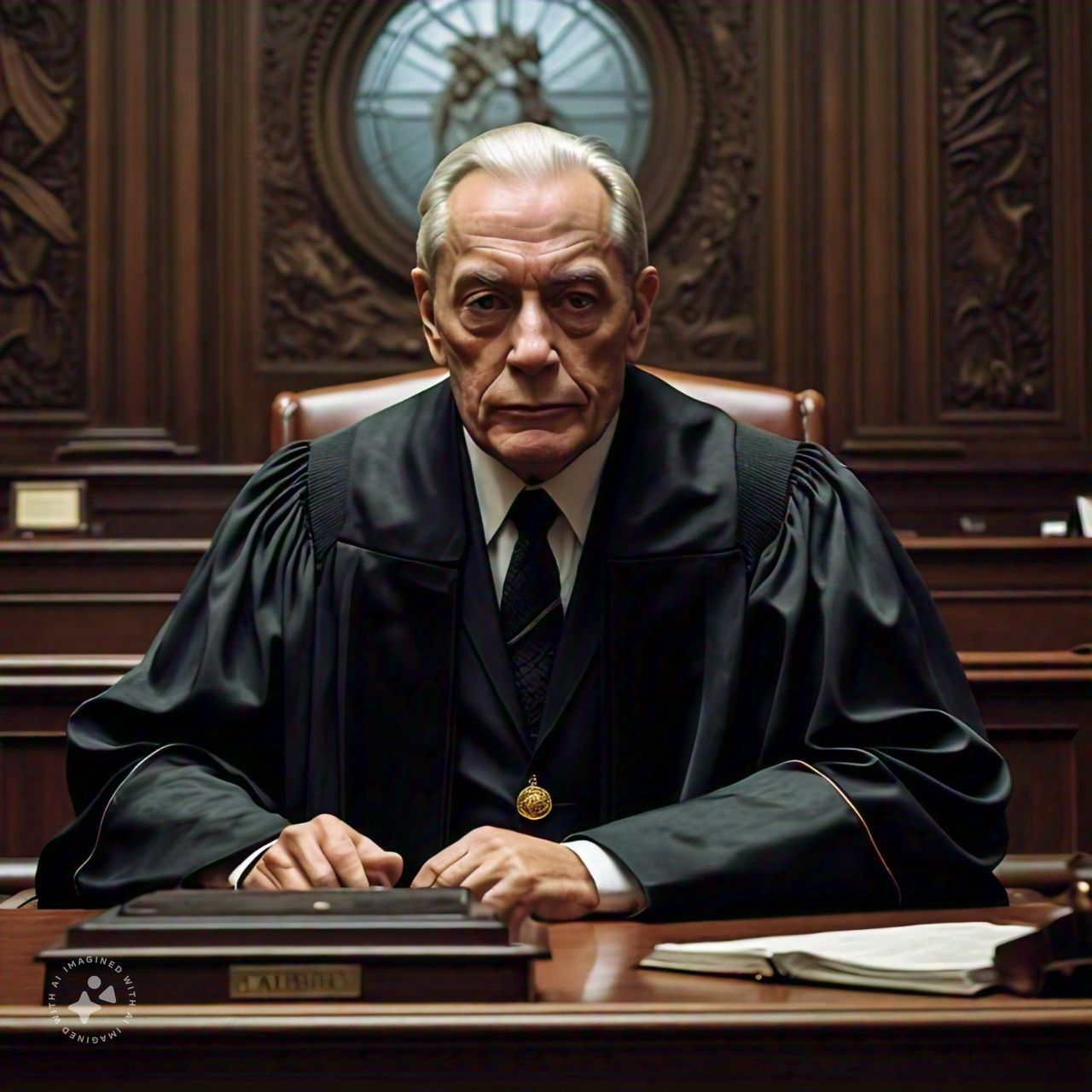
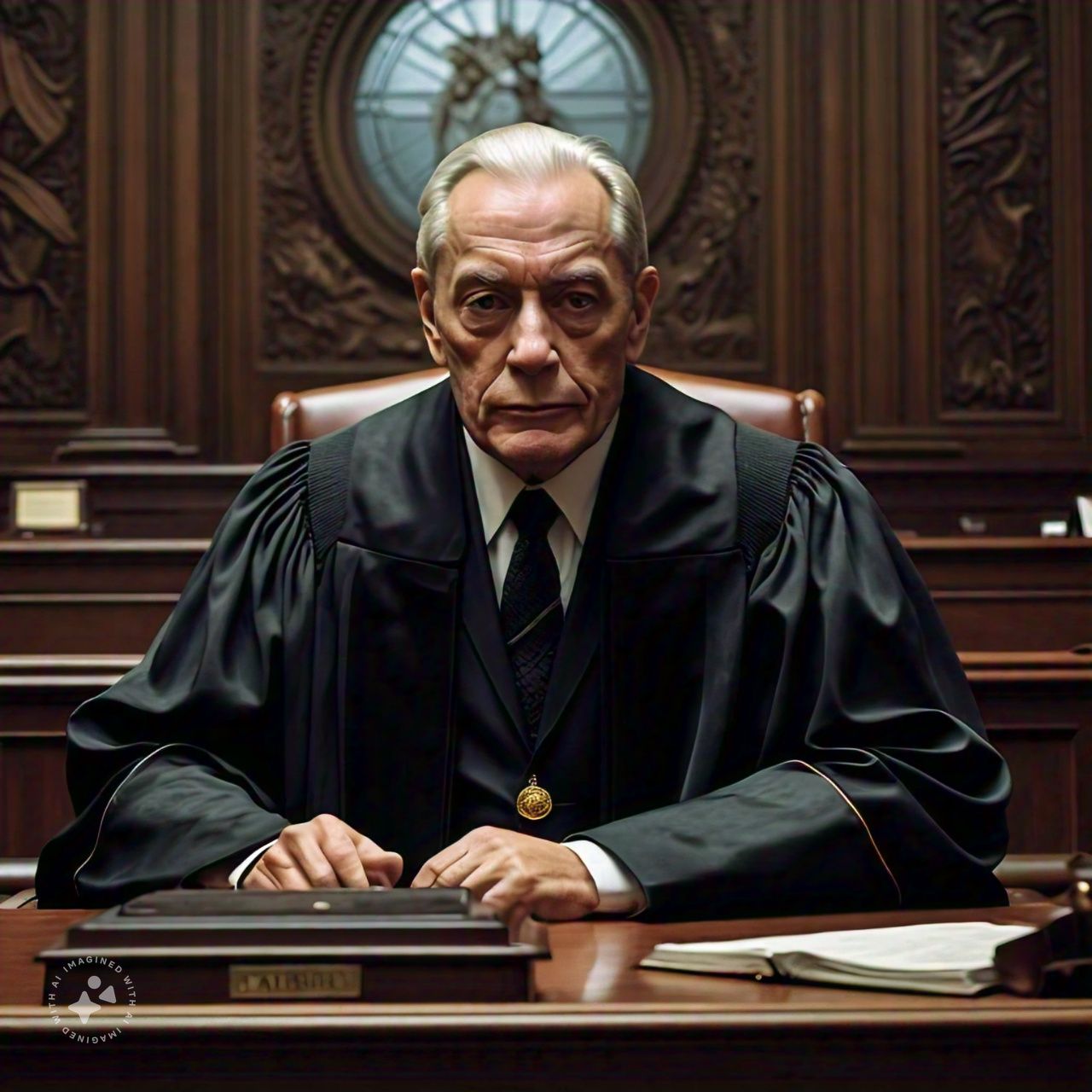
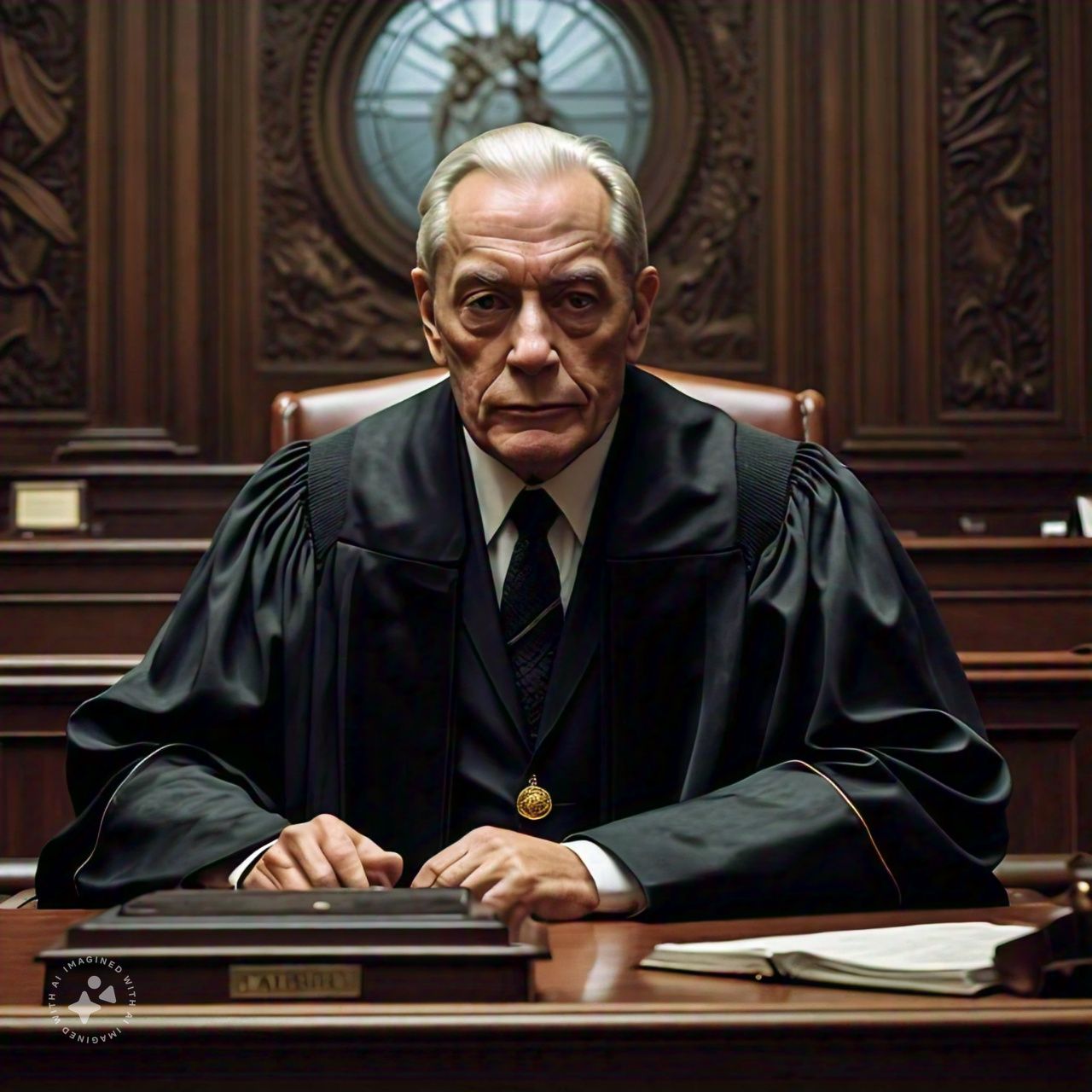
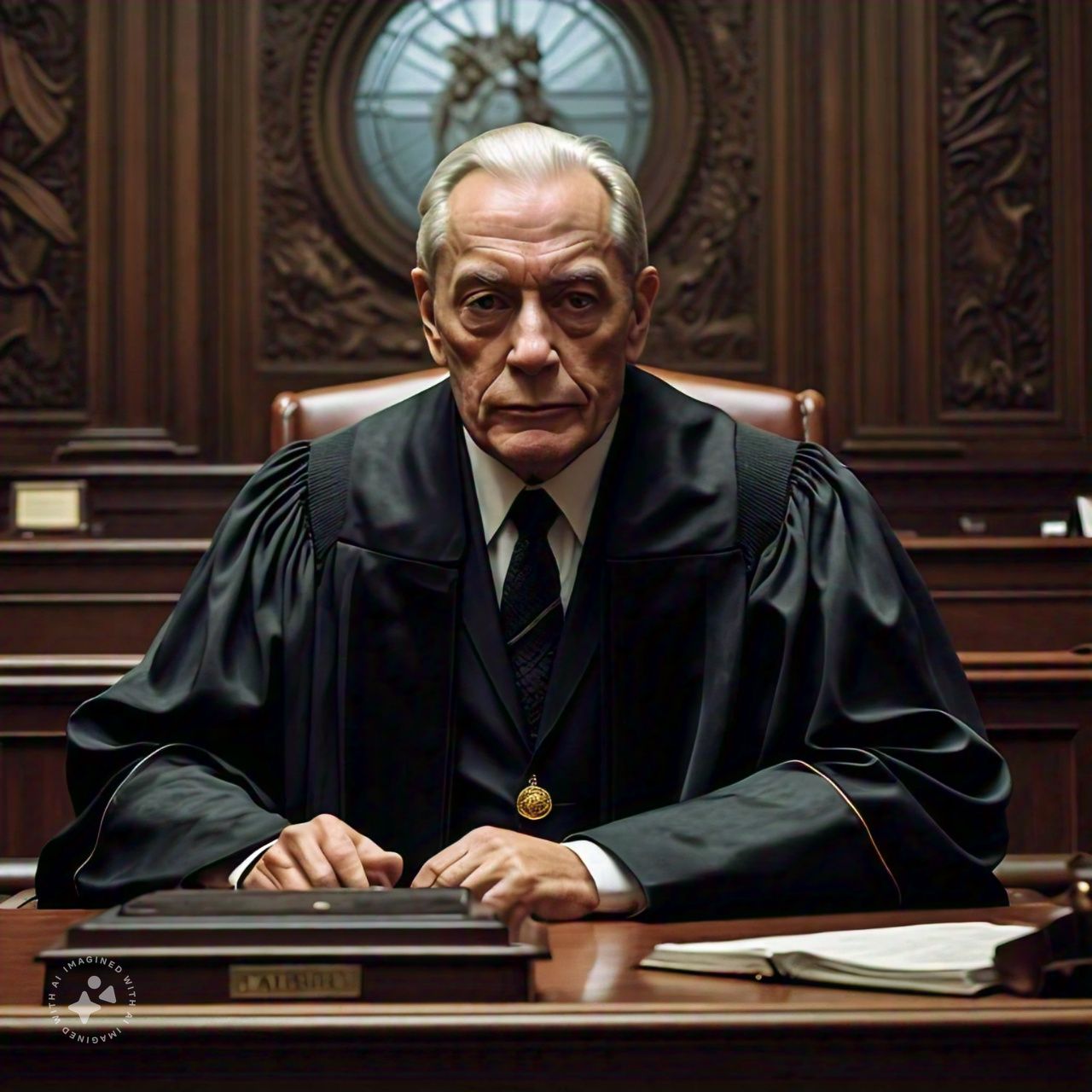
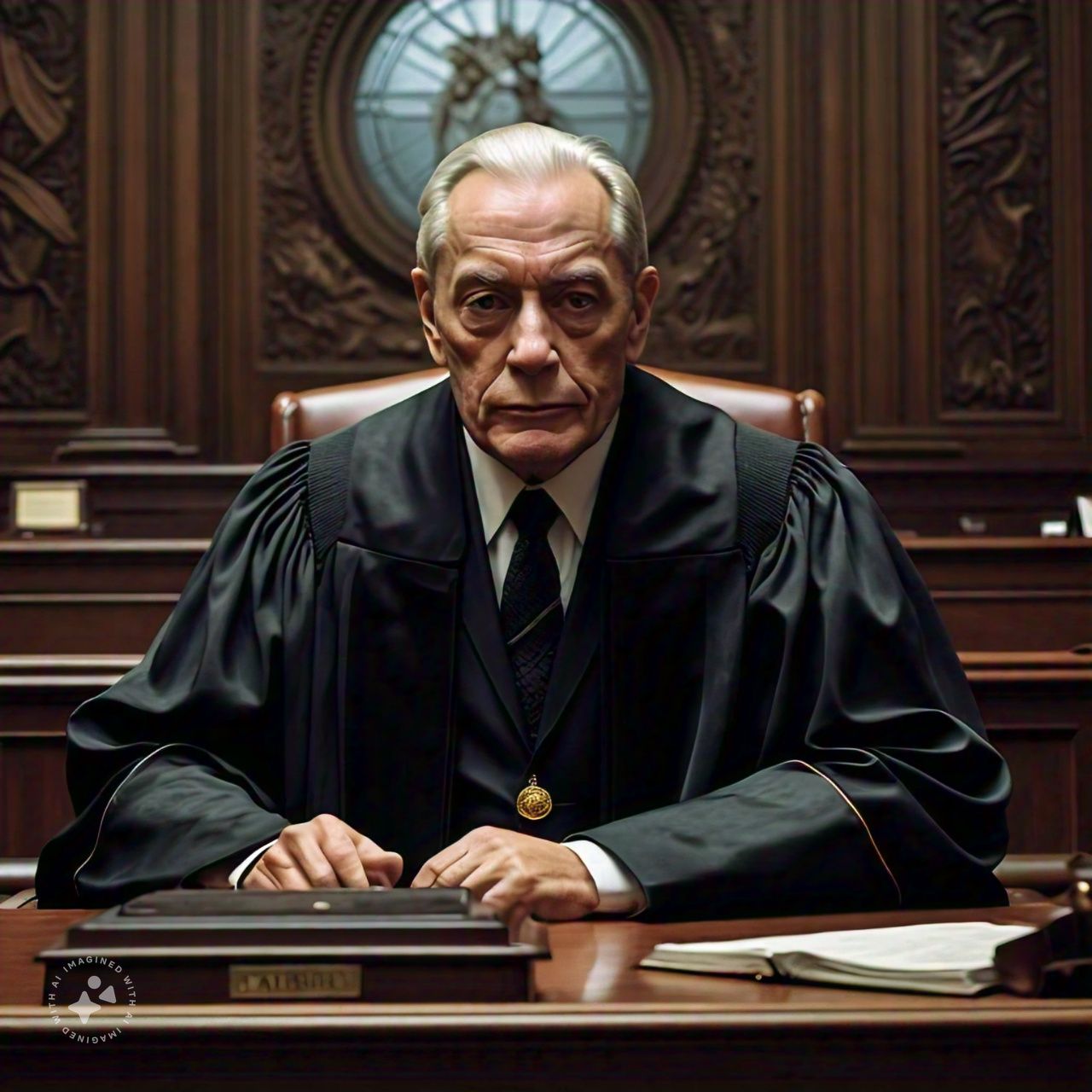
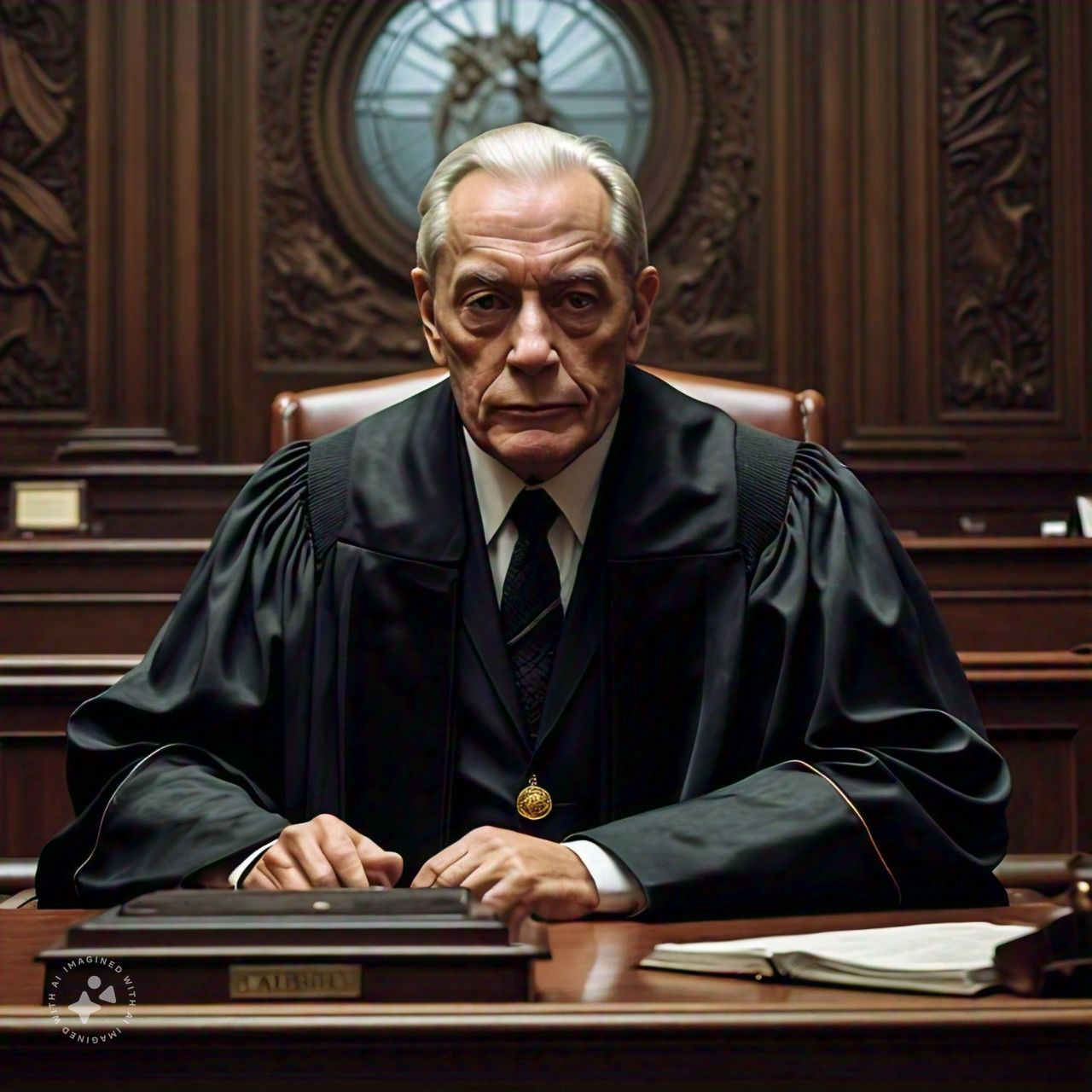
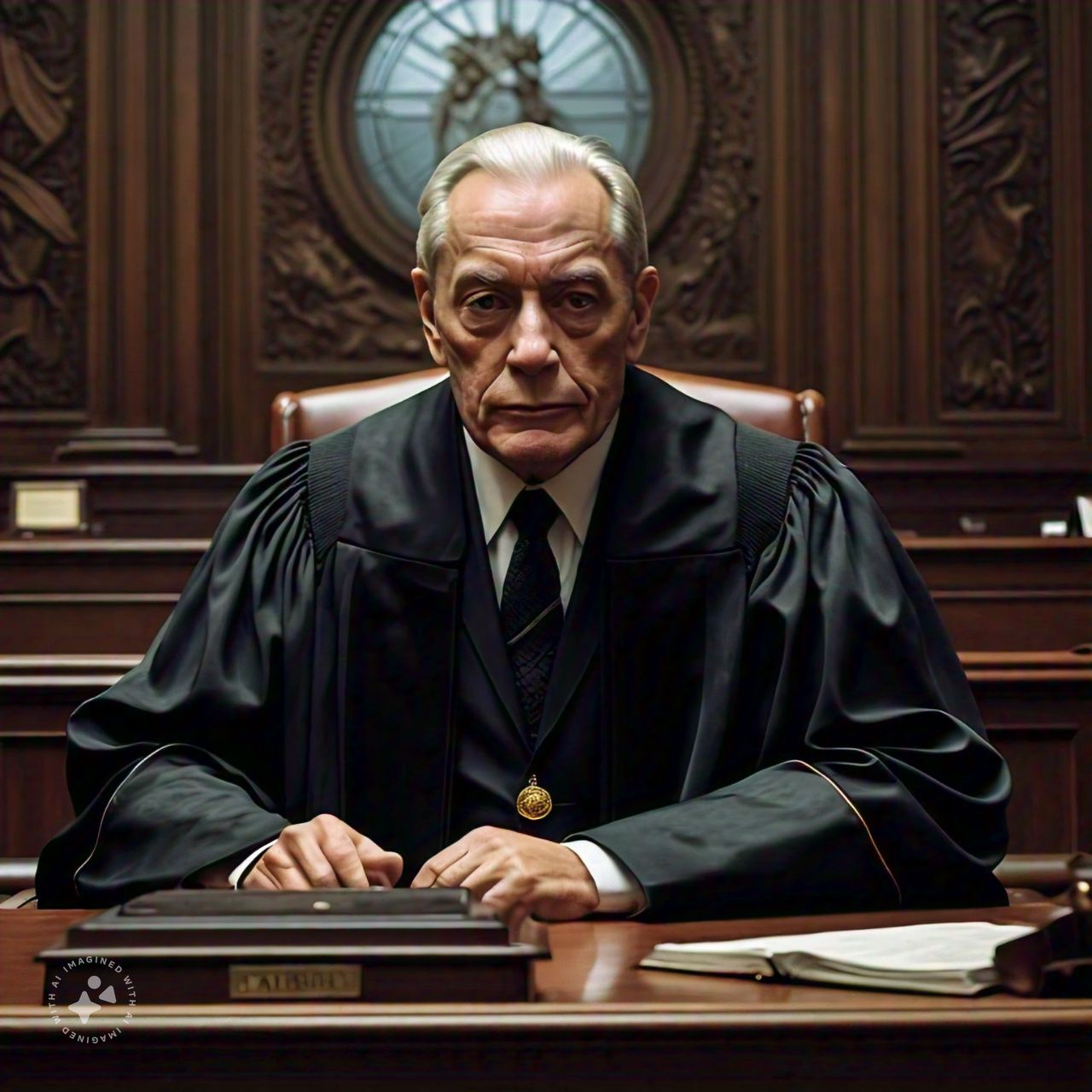
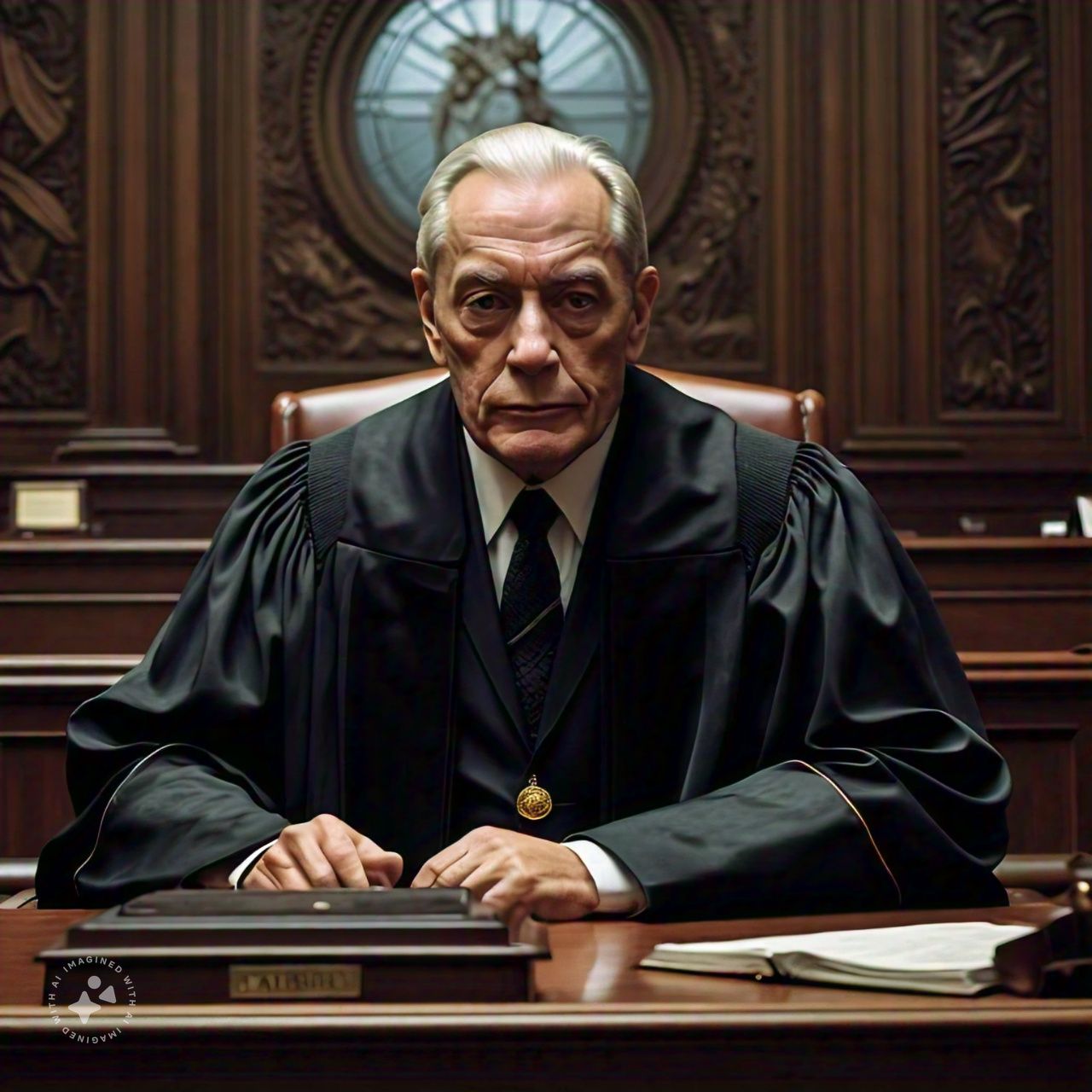
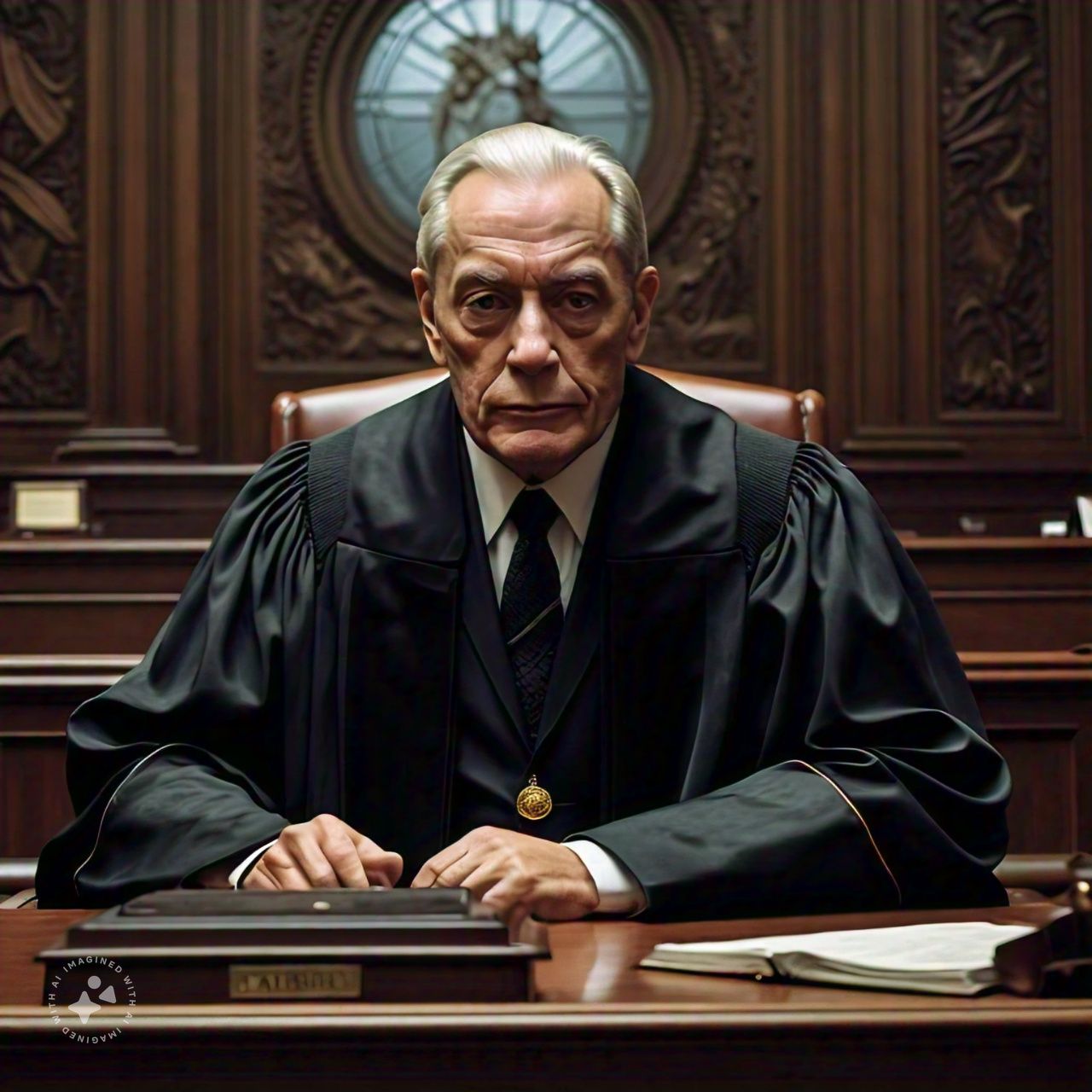
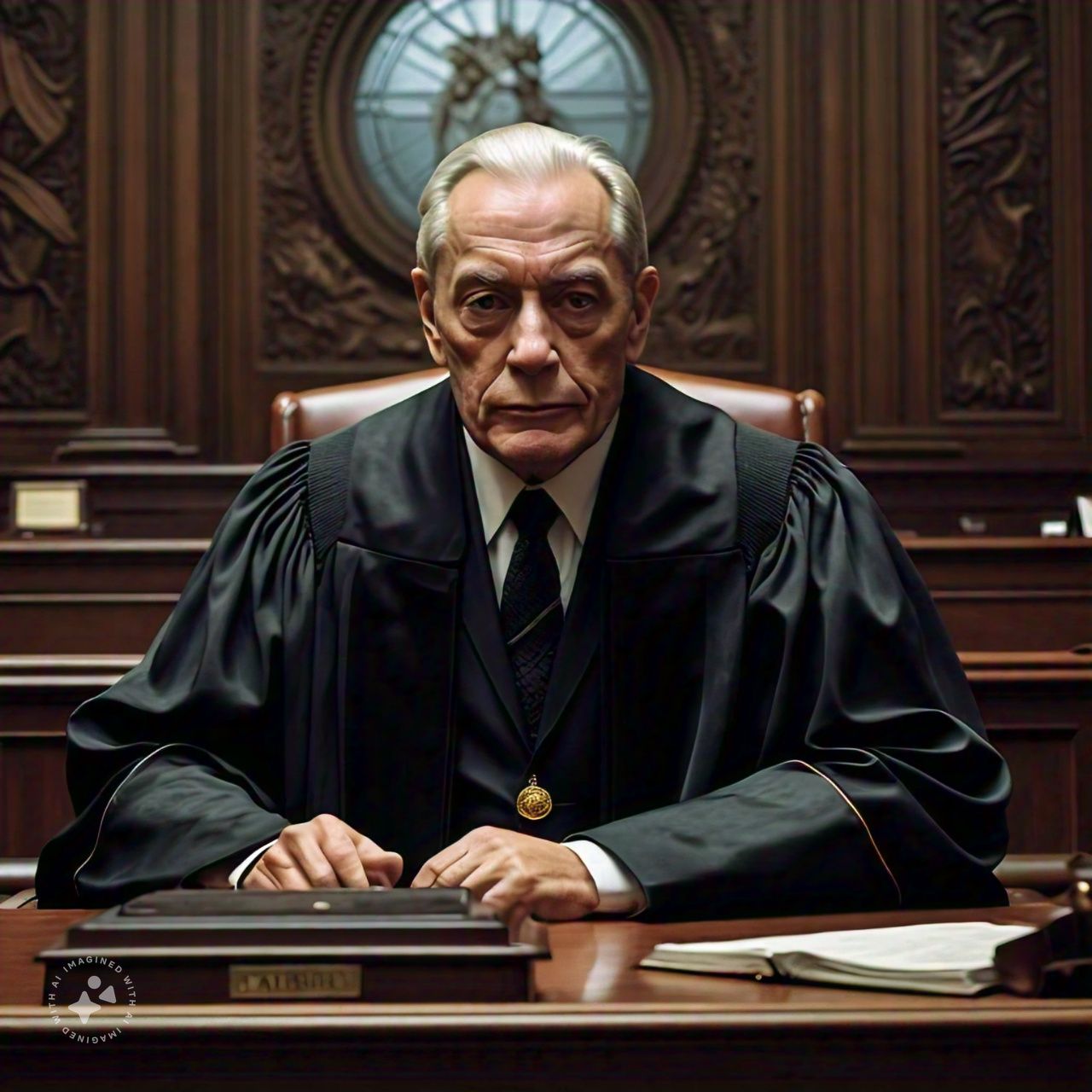


































































































Comment
Nothing for now